Newsroom
View news releases and announcements distributed by EZ Newswire, the trusted source for business news.
Longbridge Securities Launches the World’s First Pre-Market U.S. Options Trading, Empowering Investors to Overcome Time Zone Barriers and Stay Ahead of the Market Movement
Longbridge Securities today announced the launch of the world’s first pre-market U.S. options trading capability. This innovative feature allows users to trade options on major U.S. stocks and ETFs during the pre-market session, ahead of the regular market opening. It significantly extends the U.S. options trading window, enabling global investors to position themselves earlier and plan trading strategies in advance of key market developments.
At launch, this feature supports prominent underlying assets, including QQQ, SPY, AAPL, and TSLA. From the launch date until further notice, Longbridge Securities is offering zero commission^ and zero platform fees* for pre-market options trading.
Key Highlights: Industry-First Innovation with Clear Cost Advantages — World’s First Pre-Market U.S. Options Trading
Investors can participate in options trading before the U.S. market opens, without waiting for regular trading hours, extending trading hours and enabling more flexible responses to key market events.
Zero Commissions^ and Zero Platform Fees*
During the initial launch phase, Longbridge Securities offers industry-leading pricing for pre-market options trading, effectively lowering transaction costs for investors.
Coverage of Major U.S. Stocks and ETFs
The initial rollout includes highly liquid stocks such as QQQ, SPY, AAPL, AMD, AMZN, GOOGL, META, NVDA, MSFT, TSLA, INTC, PLTR, MSTR, GOOG, and UNH, with further expansion planned.
Fast, Streamlined Order Execution
Users can view pre-market pricing and place order directly from the options chain with a simplified two-step workflow, enabling faster execution with minimal friction.
Breaking Time Constraints to Serve Global Investors
Traditionally, U.S. options trading has been limited to regular market hours of 9:30 a.m. to 4:00 p.m. Eastern Time. This limitation often prevented investors in Asia and Europe from responding promptly to overnight developments. With the introduction of pre-market options trading, investors can now execute strategies between 4:00 a.m. and 9:30 a.m. Eastern Time (5:00 p.m. to 10:30 p.m. Singapore Time), significantly enhancing flexibility and responsiveness.
This launch positions Longbridge Securities as the first online brokerage globally to provide full-platform access to pre-market U.S. options trading. This represents a substantial extension of trading hours, offering investors in various time zones greater freedom and immediacy in participating in the market.
Driving the Global Shift Toward Extended and 5×24H Trading
As demand for more flexible trading strategies continues to grow worldwide, extended trading — including pre-market, after-hours, and round-the-clock access — is becoming a key competitive differentiator. Pre-market trading has historically been reserved for institutional and professional participants. By opening this window to retail investors, Longbridge Securities aims to enhance market liquidity while enabling individual investors to engage earlier with market information and adjust portfolios more proactively. Looking ahead, Longbridge Securities plans to further expand this capability toward 24-hour U.S. options trading, moving closer to a continuous global trading model.
Previously, Longbridge Securities introduced an AI-powered financial assistant built on large language models, making institutional-grade research and analytical capabilities accessible to all investors. The AI assistant helps users interpret market developments, identify potential opportunities, and make data-driven decisions, narrowing the information gap between retail investors and professional institutions.
Through continuous technological innovation, Longbridge Securities remains committed to removing traditional barriers in trading and advancing both user experience and investment efficiency. The launch of pre-market U.S. options trading further underscores the company’s forward-looking approach within the global fintech landscape. Additional details on Longbridge Securities’ pre-market U.S. options trading, including supported instruments, trading hours and fee structure, are available on the on Longbridge Securities’ official page for pre-market U.S. options trading.
^ Other fees apply
* Terms and conditions apply
About Longbridge Securities
Long Bridge Securities Pte. Ltd. ("Longbridge Securities Singapore" or "Longbridge Securities," Co. Reg. No. 202111825D) is an AI-driven online brokerage dedicated to delivering best-in-class trading experiences through its global trading infrastructure and network. Founded in March 2019, Longbridge Securities holds a total of 22 financial licenses or regulatory approvals across markets including the United States, Hong Kong, and Singapore, and has raised over US$150 million from leading financial and investment institutions. Long Bridge Securities Pte. Ltd. is a licensed entity regulated by the Monetary Authority of Singapore (MAS) (Licence No. CMS 101211), holding a Capital Markets Services licence and operating as an Exempt Financial Adviser. For more information, visit longbridge.com/sg.
Disclaimer
Options are complex financial instruments and, due to their leveraged nature, involve a high degree of risk and the potential for rapid losses.
Before participating in options trading, investors should fully understand how options work, the nature of the contractual relationship, and the associated risks, and carefully assess whether they are able to bear losses that may exceed their initial investment.
In addition, pre-market U.S. options trading typically involves higher price volatility, and market liquidity may be lower than during regular trading hours. Such trading may not be suitable for all investors. Investors should make trading decisions prudently after considering their investment objectives, financial situation and risk tolerance.
This advertisement has not been reviewed by the Monetary Authority of Singapore.
Media Contact
Natalie Lau / Kang Jia Rui
media@longbridge.global
+65 9451 4873
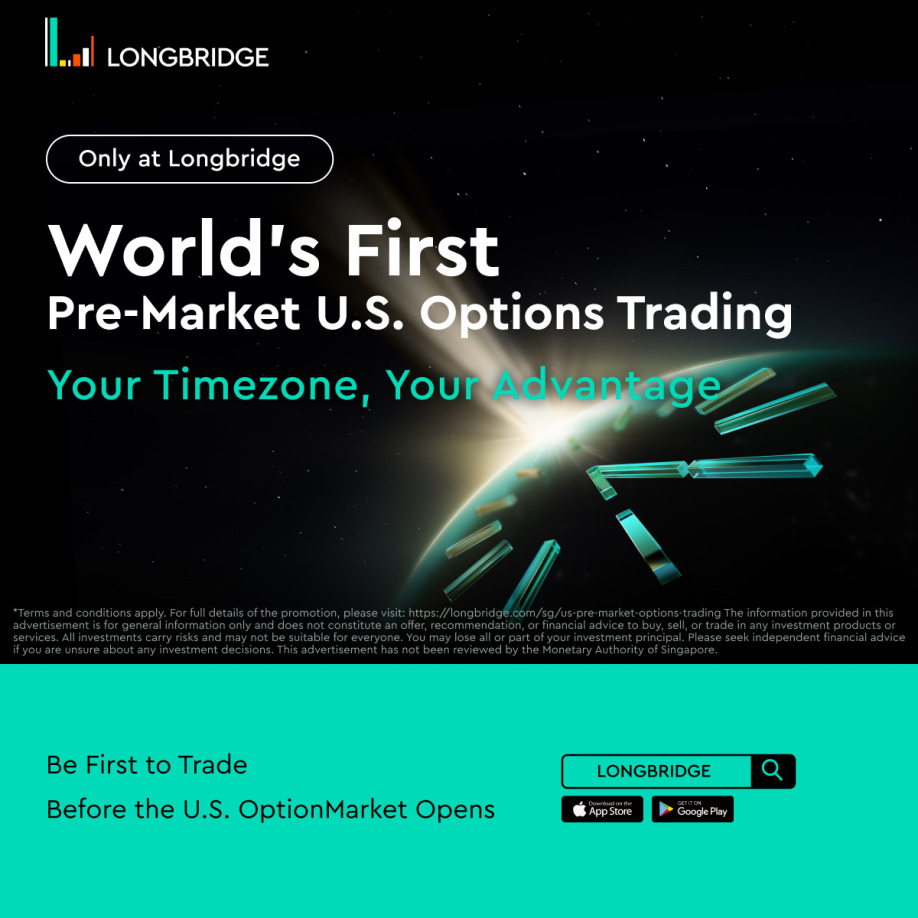

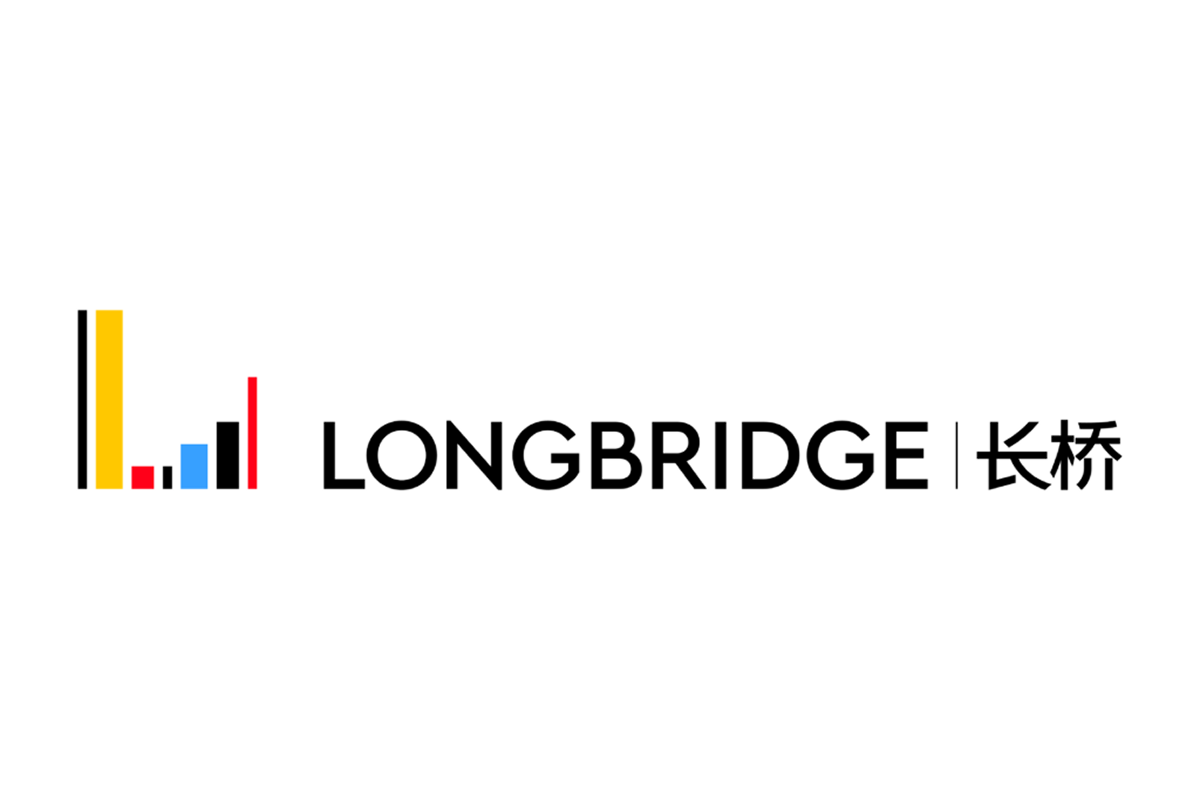
SpotOn Highlights $25,000 Revenue Gain by Restaurant Partner as 2026 Margin Pressures Intensify
SpotOn, a top provider of software and payment solutions, has highlighted findings on the growing profitability divide in the restaurant industry, as operators face mounting cost pressures and tightening margins in 2026. The company reported that operators leveraging its unified restaurant technology ecosystem have been able to grow beyond the typical 5%–7% profit margin range to reach double digit profit margins. In one example, a SpotOn partner reported a $25,000 revenue increase after shifting from a standard menu to a data-backed dessert cart strategy informed by Product Mix (PMIX) insights.
According to market data cited by the company, businesses actively using integrated operational data are 19 times more likely to be profitable than those that do not — underscoring the increasing role of real-time intelligence in long-term solvency.
With average restaurant profit margins hovering between 3% and 5%, and food and labor costs having risen more than 35% since 2019, the margin for operational error has narrowed considerably. Industry analysts note that high-fidelity, real-time data has moved from a discretionary advantage to a core infrastructure requirement.
From Lagging Reports to Real-Time Intelligence
Historically, many operators relied on end-of-day reports to assess performance. However, as digital channels are projected to account for 70% of restaurant sales by the end of 2026, the need for real-time, actionable data has intensified. While 79% of operators say real-time data is essential, 27% still report being unable to reliably track foundational KPIs such as food-cost-to-sales ratios.
SpotOn’s cloud-based platform centralizes sales, P&L, labor, and guest behavior data into a single portal, allowing operators to monitor multi-unit performance remotely and make adjustments in seconds rather than days.
“Plans meet reality, and every decision counts,” said Jonathan Gillespie, partner at Adalina. “SpotOn gives our team the speed and precision we need: coursing and pacing in the dining room, item-level routing in the kitchen, and a seamless link between POS and online ordering. That foundation lets us focus on hospitality.”
The Financial Impact of Unified Systems
SpotOn’s internal analysis indicates that margin improvements are typically realized across three primary operational areas:
- Menu engineering: PMIX data helps operators identify high-profit, high-popularity items and adjust offerings accordingly.
- Inventory automation: Real-time ingredient depletion tracking helps reduce the 4–10% waste commonly seen in unmonitored kitchens.
- Labor optimization: AI-driven sales forecasting aligns staffing levels with demand, reducing overtime and overstaffing while maintaining service standards.
SpotOn also emphasizes the importance of integrated systems. When inventory management, labor scheduling, reservations, marketing, and loyalty programs communicate directly with the central POS, operators gain a holistic view of performance and cost structure.
Integrated inventory tools can reduce food waste by up to 10%, while seamless synchronization with labor platforms helps minimize unnecessary overtime. Automated marketing tools tied to actual order history can increase visit frequency and customer lifetime value.
Building for 2026 and Beyond
As the restaurant industry navigates a volatile economic landscape, the divide between operators using unified data systems and those relying on disconnected or legacy tools continues to widen. The decision surrounding restaurant POS infrastructure has become one of the most consequential choices for long-term scalability.
For operators facing continued cost pressures, the message is increasingly clear: leveraging integrated, real-time intelligence is no longer optional — it is foundational to margin protection and sustainable growth.
About SpotOn
SpotOn is a top provider of software and payment solutions, delivering the tools and hands-on support local businesses need to thrive on their own terms. Recognized for adaptable cloud-based products and tailored service, SpotOn offers an all-in-one platform that helps businesses take payments, grow revenue, simplify operations, and elevate guest experiences. With everything from fast, intuitive POS systems to integrated restaurant management features, SpotOn creates technology designed to fit how teams actually work — supported by a 24/7 expert team that keeps it running smoothly with fairness, flexibility, and a human touch. For more information, visit www.spoton.com.
Media Contact
Megan Palmer
mpalmer@spoton.com


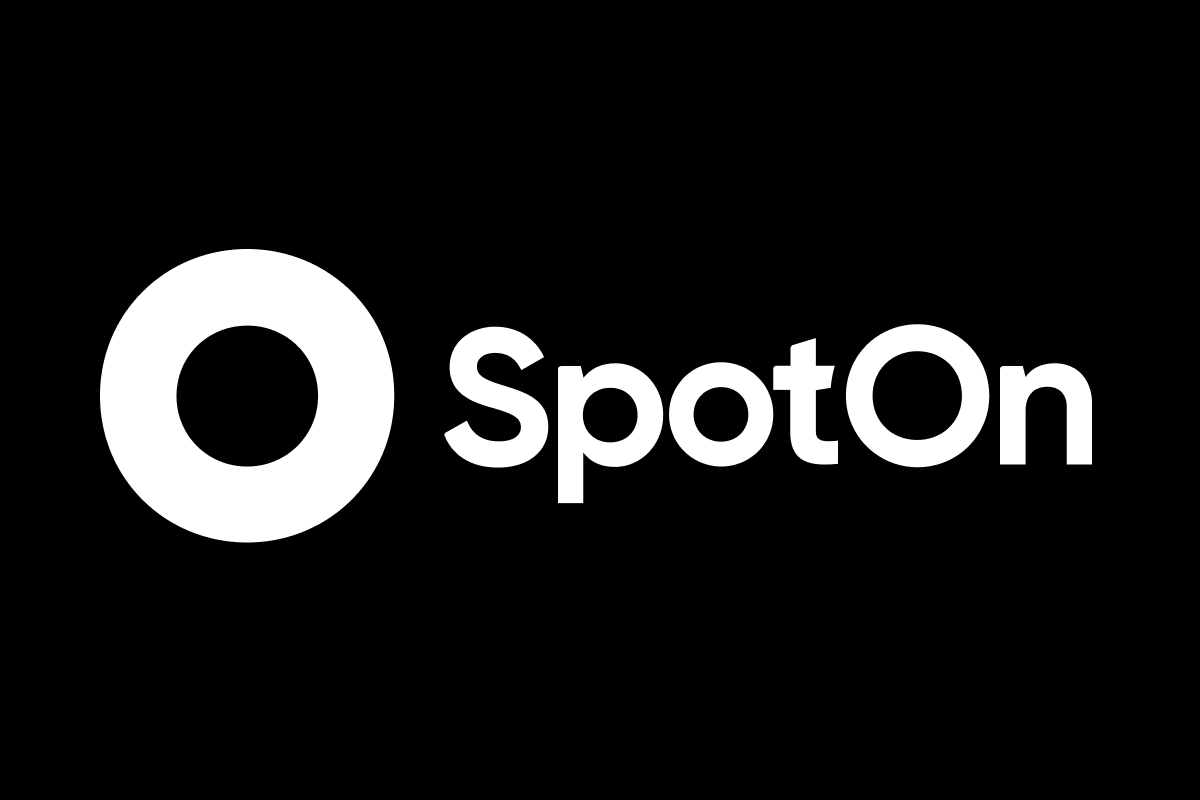
Felician University Recognized in Newsweek’s 'America’s Best Colleges for Women 2026'
Felician University, a private, co-educational Catholic Franciscan university in New Jersey, announced today that it has been named one of the nation’s top colleges for women in Newsweek's "America’s Best Colleges for Women 2026." The university ranked No. 1 in New Jersey in the competitive 2026 rankings.
America’s Best Colleges for Women is a ranking developed by Newsweek in partnership with Gender Fair to highlight institutions that support gender equality and empower women. The methodology is rooted in the Women’s Empowerment Principles and evaluates colleges across four key areas: leadership, pay and policies, safety, and opportunity.
Felician’s mission is deeply rooted in ensuring that all students and university leaders feel supported, empowered, and motivated throughout their academic journeys. Out of 751 higher education institutions nationwide, Felician ranked No. 30 and received the following scores:
- Leadership: 75
- Pay and policy: 86
- Safety: 94
- Opportunity: 48
- State reproductive status: 5/5
- Overall score: 76.1
According to the university’s most recent statistics, women make up nearly 72% of its undergraduate population and 62% of its faculty. In addition to this strong female presence, three out of four academic deans are women, and the university is led by a female president who previously served as a professor and academic dean of the School of Arts & Sciences.
“This recognition from Newsweek is a meaningful affirmation of our mission,” said Dr. Mildred Mihlon, president of Felician University. “We are proud to continue educating, supporting, and mentoring future women leaders through the foundational principles of our Felician core values.”
The ranking identifies colleges that have established the structural elements necessary to foster education and employment for women by drawing on data from the U.S. Department of Education — including the Integrated Postsecondary Education Data System (IPEDS) and the Campus Safety and Security Database — as well as additional desk research. Only institutions meeting specific criteria for size and academic roles are included, ensuring the results reflect meaningful progress toward gender equity in higher education.
“Choosing a college is a defining moment for many young women, and it’s about more than academics alone,” said Jennifer H. Cunningham, editor-in-chief of Newsweek. “America’s Best Colleges for Women highlights institutions that are making measurable progress in leadership, equity, safety, and opportunity, helping students identify environments where women are supported and positioned to succeed.”
About Felician University
Felician University is committed to supporting academic success at any stage of life. With over 2,700 undergraduate, graduate, and adult education students enrolled across the Schools of Arts & Sciences, Business & Information Sciences, Nursing, and Education, Felician provides diverse learning experiences that equip all students with the skills to meet the demands of today’s society. Over the past five years, Felician University has consistently ranked third among private institutions in New Jersey for best value according to payscale.com and has been recognized as the No. 1 Safest College Campus in New Jersey according to niche.com. The Master of Science in Nursing program is ranked one of the best online graduate nursing programs in the nation by U.S. News and World Report. We are proud to be designated as a Military Friendly School (Gold Status) for the thirteenth year, a testament to our dedicated support of Veteran students. Our diversity as an HSI (Hispanic Serving Institution) and MSI (Minority Serving Institution), with underrepresented students comprising more than half of the student population, reflects our inclusive and supportive environment. With campuses in Rutherford and Lodi, New Jersey, our Franciscan values of respect for human dignity, compassion, and social justice are woven into the very foundation and development of tomorrow’s leaders. Felician University is proudly sponsored by Felician Sisters International (FSI). For more information, please visit felician.edu.
About Newsweek
Newsweek is the global digital news organization built around the iconic 93-year-old American magazine. Newsweek reaches 100 million people monthly with its thought-provoking news, opinion, images, graphics, and video delivered across a dozen print and digital platforms. Headquartered in New York City, Newsweek also publishes international editions in EMEA and Asia. For more information, visit www.newsweek.com.
Media Contact
Tricia Perrotti
Director of Marketing & Communications, Felician University
perrottit@felician.edu


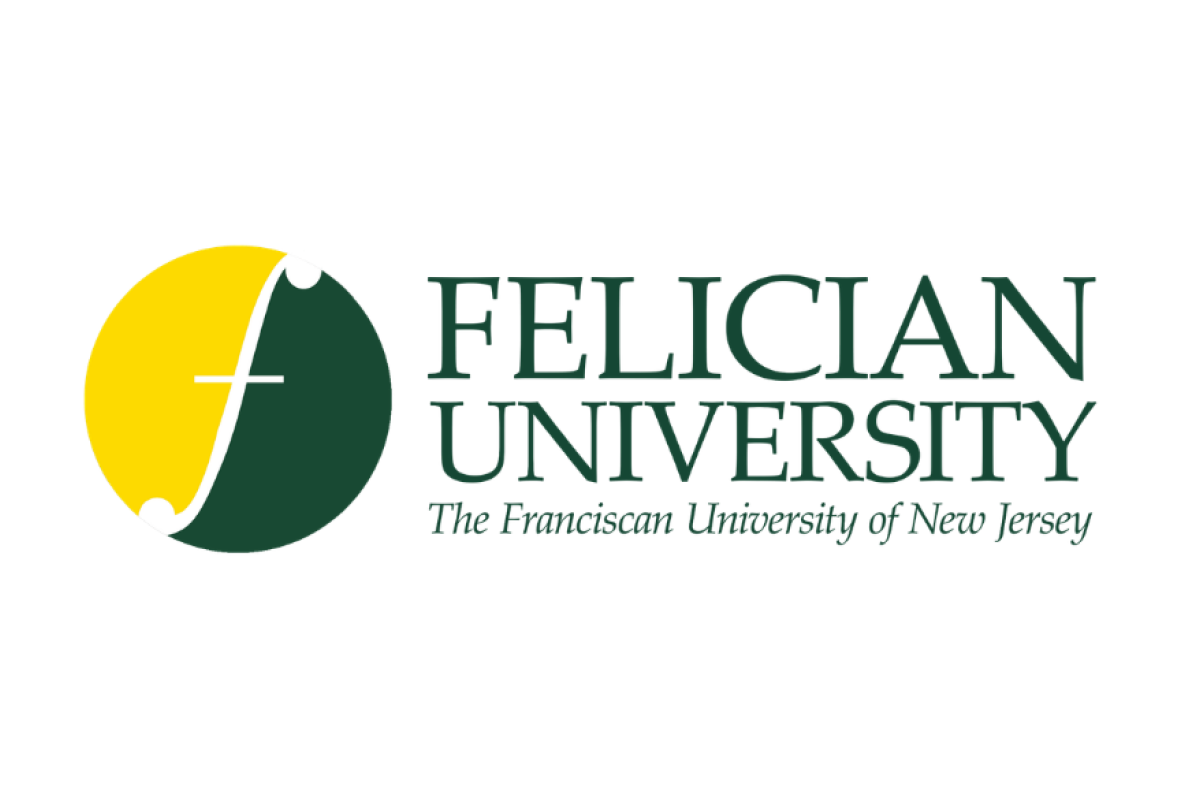
Rokid Integrates Google's Gemini, ChatGPT in Major Update to International Smart Glasses in Open Ecosystem Push
Rokid, a global pioneer in AI-powered smart eyewear and human-computer interaction, has released a significant software update for the international version of its Rokid Glasses, becoming the world’s first manufacturer to natively support Google's Gemini on the device. The update integrates four leading large language models — Gemini, OpenAI's ChatGPT, DeepSeek, and Alibaba's Qwen — into a unified platform.
This software rollout comes as Rokid maintains its strong sales momentum. According to data from Shangpu Group tracking AI glasses with display functionality in global markets from November 1, 2024 to October 31, 2025, Rokid Glasses ranks No. 1 in global sales volume for the AI glasses with display category. The device has also set records on crowdfunding platforms: it broke the historical crowdfunding record for smart glasses on Kickstarter and became the fastest glasses product to exceed 100 million Japanese Yen on Japan's MAKUAKE platform.
The device-to-cloud architecture allows users to toggle seamlessly between AI models, enabling multi-modal interactions and low-latency real-time translation tailored to regional linguistic needs.
This is more than a routine software OTA — it represents a strategic move in Rokid's global expansion. By bridging top-tier AI compute from both U.S. and Chinese developers, Rokid is breaking down technical barriers across different countries and linguistic contexts, delivering localized AI experiences seamlessly for global users and accelerating its international market penetration.
On a deeper level, the move underscores a broader narrative of its era: China is actively embracing and building an open technology ecosystem. From the global ripples caused by DeepSeek's open-source release to Rokid's inclusive approach in integrating global large language models, Chinese technology players are firmly moving toward openness and win-win cooperation — offering a "Chinese solution" to the world.
As AI and AR enters the second half, Rokid is building a unique moat with an open ecosystem. Unlike Meta's glasses, which follow a closed path by binding exclusively to its proprietary Llama models, Rokid chooses to return true choice to the user.
About Rokid
Founded in 2014, Rokid is a global pioneer in augmented reality (AR) and AI, creating human-centered smart glasses that integrate intelligence seamlessly into everyday life. Rokid serves consumers, developers, and enterprises worldwide and hosts China's largest XR developer community. The company has received multiple CES Innovation Awards and five German iF Design Awards. For more information, visit global.rokid.com.


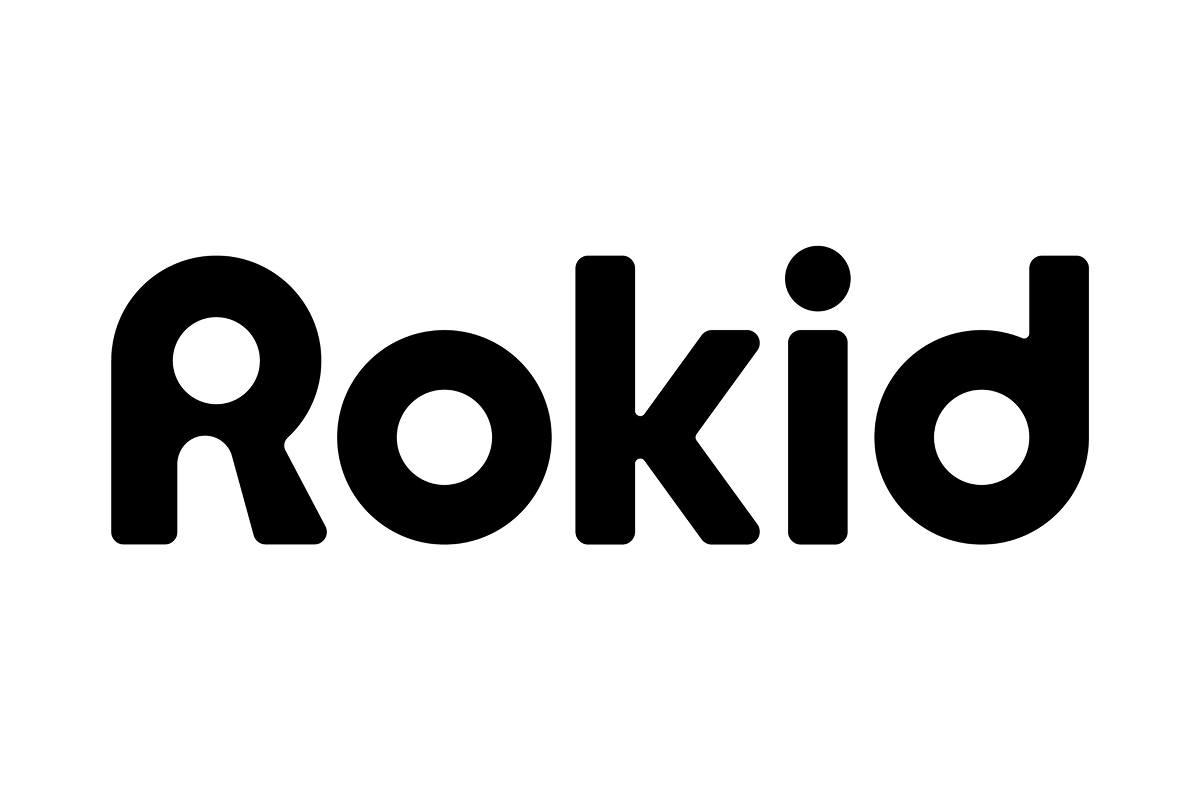
OVIOS Launches Modular "Flex-Living" Furniture to Address the Rise of Compact Urban Living
OVIOS today announced the launch of its new modular “Flex-Living” furniture series, introducing three adaptable product lines: the MOLLY 3-in-1 Sofa Bed, the MEGA 80" Convertible Sleeper System, and the VIVA No-Assembly Modular Series. The collection, set for this upcoming spring, is designed to address the growing demand for space-efficient, multi-functional furniture as urban living spaces shrink and hybrid lifestyles reshape how homes are used.
The launch represents OVIOS’s continued focus on modular, reconfigurable designs that maximize usable square footage without sacrificing comfort or durability. Each system is engineered for tool-free setup and flexible configurations, offering practical solutions for apartments, shared housing and multi-purpose living areas.
The MOLLY 3-in-1 Sofa
The OVIOS MOLLY Bean Bag Folding Sofa Bed is designed to serve as a reading chair, floor lounger, and fully extended single sleeper. Constructed with high-density memory foam for targeted pressure relief, MOLLY is wrapped in a breathable, durable textile intended for long-term use.
Unlike traditional bean bag seating, the internal composition is designed to retain its structural memory through regular use. Without a bulky frame, the lightweight design allows users to easily reposition the unit throughout the home, from a supportive floor reading chair to a fully extended single sleeper. This makes it more suitable for studio apartments and micro-living units that benefit from furniture pieces that serve multiple functions.
The MEGA 80” Convertible System
OVIOS expands its convertible offerings with the MEGA 80" Convertible Sleeper Sofa, a versatile system that functions as a loveseat, folding chair, lounge chaise or floor mattress. Designed for durability, the unit features a rust-resistant metal frame engineered to support repeated reconfiguration.
Upholstered in corduroy fabric and padded with high-density foam, MEGA is built to retain structural integrity and comfort over time. Its modular functionality allows it to transition between seating and sleeping arrangements, providing versatility for households with varying spatial needs, including rental properties and multi-generational homes.
Available in a curated range of elegant finishes to suit diverse tastes, the MEGA effortlessly complements modern, bohemian, and minimalist decor schemes alike, elevating any living space with understated sophistication. Whether set up for an immersive movie night with friends or converted into a plush sleeping surface for guests, the MEGA balances premium material luxury with reliable stability—a staple for the modern, high-utility home.
The VIVA No-Assembly Modular Series
The VIVA Modular Cloud Lounge eliminates the hassle of traditional furniture assembly through a fully modular, no-tool design. Each segment is delivered ready to expand, regaining its intended form within 72 hours after unboxing.
Constructed with high-resilience foam and performance-grade, pet-friendly textiles, VIVA is designed for daily use while maintaining comfort and durability. Individual segments can be arranged into U-shaped sectionals, chaise lounges or separated ottomans, enabling users to adapt configurations based on room layout or social occasion.
Modular Design for Modern Living
With the launch of MOLLY, MEGA and VIVA, OVIOS continues to prove that limited square footage does not necessitate limited lifestyle possibilities, providing a flexible foundation for how modern consumers actually live, work, and gather. The collection reflects broader shifts in residential design, where furniture must accommodate remote work, entertainment and relaxation within the same footprint.
By integrating adaptable construction with accessible pricing, OVIOS positions its Flex-Living systems as practical solutions for evolving urban and suburban housing needs.
About Ovios
OVIOS is a home furnishings brand specializing in modern, modular furniture designed for flexible living spaces. The company develops adaptable seating and lounge systems that emphasize comfort, durability and ease of setup. With a focus on space efficiency and contemporary design, OVIOS creates solutions tailored to compact urban homes, shared spaces and multifunctional environments. Its product portfolio reflects a commitment to accessible design that balances style and practicality for today’s evolving lifestyles. For more information, visit www.ovios-home.com.
Media Contact
Ovios Media Relations
support@ovios-furniture.com
+1 323-443-1788


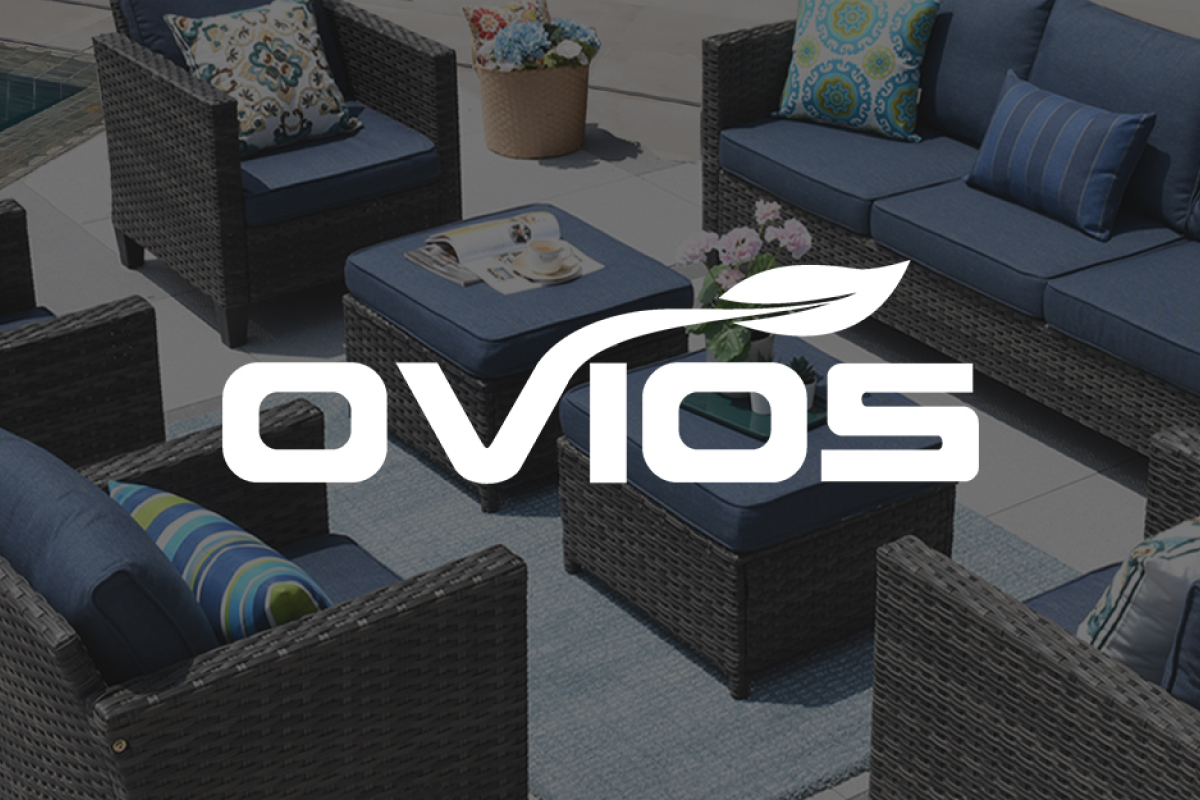
YAROOMS Introduces Yarvis: Not an App. A Colleague
YAROOMS, the workplace management platform used in over 50 countries, introduces Yarvis — an AI-powered workplace assistant that understands natural language, connects to your calendar, the YAROOMS platform, and executes multi-step workplace tasks through a single conversation in Microsoft Teams or email. Just ask.
The Problem
The average company runs 101 apps. Employees toggle between 11 daily. 70% of digital transformations fail because people resist learning yet another interface for a five-second task.
What Yarvis Does
Yarvis turns plain-language requests into coordinated workplace actions:
- Desk and room booking: "Book a desk near marketing tomorrow" — confirmed in seconds.
- Multi-resource coordination: complex recurring requests handled in one message.
- Visitor management: CC Yarvis on a guest email and it creates the pass, books a room, reserves parking, and sends directions automatically.
- Team scheduling: checks calendars across Outlook, Google Calendar, and YAROOMS, then books everything in one step.
- Facility requests: "The projector in Room 4B stopped working" — logged and routed automatically.
Yarvis learns preferences over time. After a few interactions, "book my usual" just works.
How It Works
Yarvis lives inside the tools employees already use. In Microsoft Teams, it appears as a chat contact. On email, CC it on any thread and it picks up context and takes action. The interface is simply a conversation.
"The best features mean nothing if people don't use them," said Dragos Badea, CEO of YAROOMS. "Yarvis is your assistant who quietly handles the logistics so your team can focus on actual work."
Availability
Yarvis is available today for all YAROOMS customers on Microsoft Teams and email. SMS-based visitor onboarding and emergency management capabilities are on the roadmap for later in 2026.
About YAROOMS
YAROOMS is a workplace management platform for hybrid organizations, available on the Microsoft commercial marketplace. Since 2010, the company has helped enterprises coordinate workspaces through desk and room booking, hybrid work planning, visitor management, and workplace analytics. Deeply integrated with Microsoft 365, certified ISO 27001, ISO 27701, ISO 9001, SOC 2 Type 2, and GDPR compliant. Serving organizations in over 50 countries, including Verizon, Columbia University, Dr. Martens, Dedalus, and the National Health Service. For more information, visit www.yarooms.com.
Media Contact
Egle Pacebutaite
egle@yarooms.com


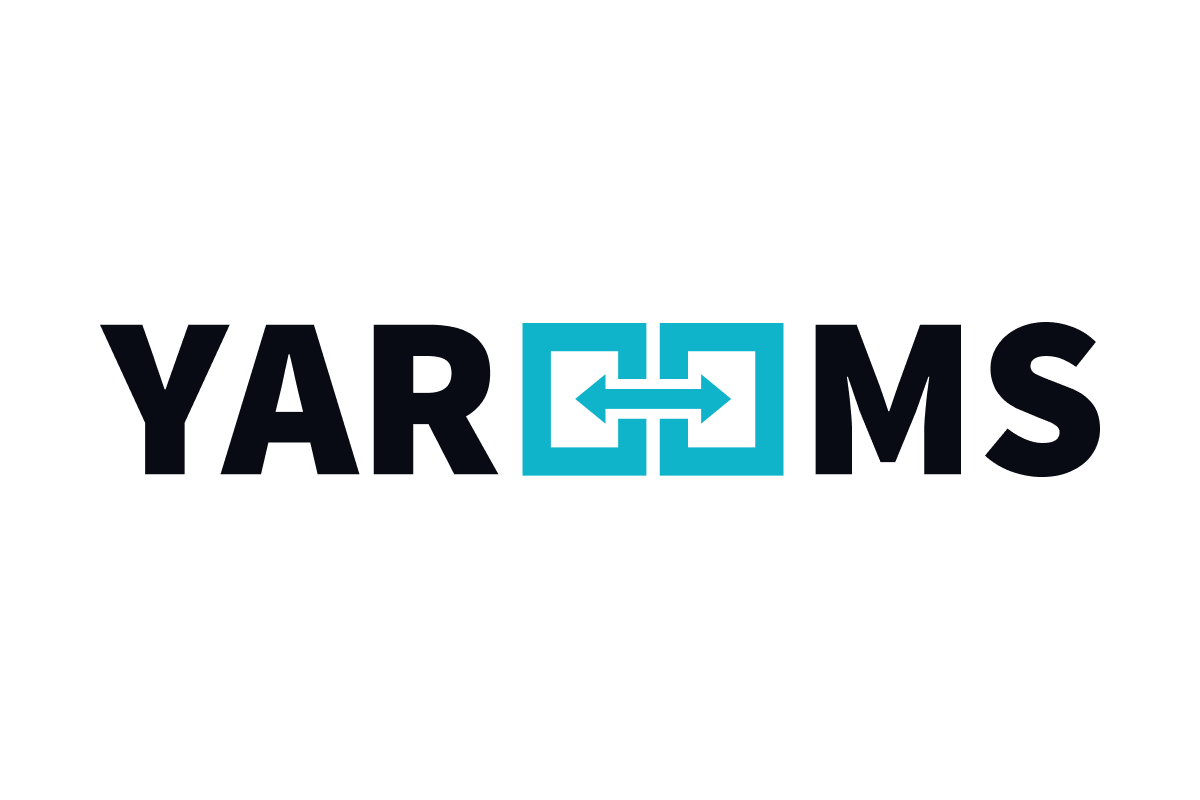
Sezzle Reports Fourth Quarter and Fiscal Year 2025 Results
Sezzle Inc. (NASDAQ: SEZL) (“Sezzle” or the “Company”), a purpose-driven digital payment platform, today provided an update on key financial metrics for the quarter and year ended December 31, 2025.
“Our tenth year as a company was our most transformative yet, as we achieved new highs in our top and bottom-line results while advancing our shopping ecosystem,” stated Charlie Youakim, Sezzle Executive Chairman and CEO. “By prioritizing higher LTV subscribers and scaling our proprietary shopping features, we have created a platform that delivers daily utility to our consumers. This momentum is clear in our performance: Monthly On-Demand and Subscribers reached a record 918,000 and app sessions surged 51% year-over-year by December. As we enter 2026, we are positioned to sustain this quality of earnings, guiding to Adjusted Net Income of $170 million, representing a 31% year-over-year increase in Adjusted Net Income per Diluted Share.”
Fourth Quarter 2025 Highlights
-
Gross Merchandise Volume (GMV) reached a new quarterly high of $1.2 billion, a 35.3% YoY increase. This performance was primarily driven by the strategic investment and focus of scaling Subscription offerings, alongside peak holiday demand. Consumers transacted 6.6x on average during the quarter, compared to 5.5x last year, supported by targeted subscriber marketing and continued adoption of new shopping features driving higher engagement.
-
Total Revenue advanced 32.2% to a new quarterly high of $129.9 million, equating to 11.2% of GMV.
-
Monthly On-Demand & Subscribers (MODS) reached 918,000 (rounded to the nearest thousand), reflecting 134,000 new additions during the quarter, primarily driven by Premium and Anywhere, and consistent with the Company’s strategic focus on acquiring higher lifetime value consumers.
-
Total Operating Expenses grew 10.8% YoY to $74.6 million, well below revenue growth of 32.2%. Despite marketing spend increasing 73.3% YoY to support MODS acquisition, Total Operating Expenses decreased 11.1 percentage points to 57.5% of Total Revenue and 1.5 percentage points to 6.4% of GMV.
-
Transaction Related Costs³ declined 1.1 percentage points to 4.0% of GMV from 5.1% in the prior-year period. Favorable repayment performance and conservative holiday season underwriting contributed to Provision for Credit Losses declining 80 bps YoY to 2.0% of GMV, which represented a majority of the margin gain. In absolute terms, Transaction Related Costs rose 5.5% YoY to $46.3 million.
-
Operating Income climbed 79.0% YoY to $55.2 million in the quarter. Operating Margin improved 11.1 percentage points to 42.5% of Total Revenue and 1.2 percentage points to 4.8% of GMV, reflecting improved Transaction Related Costs relative to GMV and operating leverage.
-
Total Revenue Less Transaction Related Costs² jumped 53.8% YoY to $83.5 million. This represented 7.2% of GMV and 64.3% of Total Revenue, reflecting YoY gains of 0.8 and 9.0 percentage points, respectively.
-
Non-Transaction Related Operating Expenses² grew 18.9% YoY to $32.0 million, including marketing expense of $9.3 million compared to $5.4 million in 4Q24. As a percentage of Total Revenue, the metric declined 2.8 percentage points YoY to 24.6% despite higher marketing spend.
-
The quarter included $1.3 million in Corporate Strategic Project Costs, consisting of professional services expenses related to the ongoing support for the antitrust litigation and bank charter application, as well as the completion of the Company’s capital markets exploration.
-
-
Net Income reached $42.7 million, advancing 68.3% YoY and representing 32.9% of Total Revenue compared to 25.8% in 4Q24. Earnings per Diluted Share⁴ rose 72.9% YoY to $1.21.
-
Adjusted Net Income⁵ jumped 64.2% YoY to $42.8 million, representing 33.0% of Total Revenue. The bottom line performance drove a 68.1% YoY jump in Adjusted Net Income per Diluted Share⁴ to $1.21.
-
-
Adjusted EBITDA⁵ increased 79.1% YoY to $58.3 million in 4Q25. Adjusted EBITDA Margin expanded 11.8 percentage points to 44.9% of Total Revenue from 33.1% in 4Q24.
Full Year 2025 Highlights
-
GMV increased 55.1% YoY to $3.9 billion in FY2025, exceeding the prior-year level of $2.5 billion. Growth reflected the continued expansion of Subscription offerings, the introduction of On-Demand, and higher consumer engagement that supported increased transaction frequency.
-
Total Revenue climbed 66.1% YoY to a new annual high of $450.3 million and reached 11.4% of GMV.
-
Operating Expenses as a share of Total Revenue declined 9.0 percentage points to a new Company low of 60.7%, while absolute Operating Expenses in FY2025 rose 44.8% YoY to $273.5 million.
-
Transaction Related Costs⁵ improved to 4.3% of GMV in FY2025, down from 4.7% in the prior year. The improvement reflects a lower Transaction Expense as a percentage of GMV, supported by payment processing enhancements and greater adoption of ACH for repayments, along with a lower Net Interest Expense as a percentage of GMV versus the prior year.
-
Non-Transaction Related Operating Expenses⁵ declined 4.1 percentage points YoY to 26.3% of Total Revenue in FY2025, extending Sezzle’s track record of year-over-year margin improvement as the Company scaled efficiently.
-
Operating Income more than doubled, rising 115.0% YoY to $176.8 million. Operating Margin expanded 9.0 percentage points to 39.3%, marking the fourth consecutive year of margin improvement and exceeding the prior annual high of 30.3% from FY2024.
-
Total Revenue Less Transaction Related Costs⁶ grew 86.1% YoY to $281.0 million. This represented 7.1% of GMV and 62.4% of Total Revenue, up from 5.9% and 55.7%, respectively, in FY2024.
-
Net Income increased 69.5% YoY to $133.1 million, equating to $3.72 per Diluted Share⁷. Net Income Margin grew 0.6 percentage points to 29.6%.
-
Adjusted Net Income⁶ totaled $128.4 million, representing 28.5% of Total Revenue, with Adjusted Earnings per Diluted Share⁷ of $3.59.
-
-
Adjusted EBITDA⁶ jumped to $187.7 million in FY2025, more than doubling from $88.7 million in the prior year. Adjusted EBITDA Margin expanded 9.0 percentage points to 41.7%.
Balance Sheet and Liquidity
-
As of December 31, 2025, Sezzle had $102.6 million of cash and cash equivalents, $38.5 million of which was restricted.
-
The Company had an outstanding principal balance of $141.3 million on its $225.0 million credit facility as of quarter end.
-
On October 30, 2025, Sezzle expanded its total borrowing capacity from $150.0 million to $225.0 million by exercising the $75.0 million accordion feature on its existing facility.
-
-
On December 4, 2025, the Company completed its previously authorized $50 million share repurchase program. Furthermore, on December 15, 2025, the Board of Directors authorized a new $100 million share repurchase program, underscoring management’s confidence in Sezzle’s long-term value and capital position.
Guidance⁸⁹
2025 Guidance (November 2025) vs. 2025 Actual vs. 2026 Guidance:
- Total Revenue Growth: 2025 Guidance (Nov 2025): 60%–65% | 2025 Actual: 66% | 2026 Guidance: 25%–30%
- Adjusted Net Income⁸⁹: 2025 Guidance (Nov 2025): $120.0M | 2025 Actual: $128.4M | 2026 Guidance: $170.0M
- Adjusted Net Income Per Diluted Share: 2025 Guidance (Nov 2025): $3.38 | 2025 Actual: $3.59 | 2026 Guidance: $4.70
Initiatives Update
-
In 2025, Sezzle expanded its ecosystem with a comprehensive suite of in-app enhancements, including Price Comparison, Browser Extension, Express Checkout, Earn Tab, Wishlist, Products Tab, and Sezzle Balance, designed to drive discovery and engagement, contributing to a 51% YoY increase in Monthly Sessions¹⁰ by December.
-
The Company also strengthened its financial empowerment initiatives, with MoneyIQ surpassing one million lessons completed in its first year, demonstrating strong adoption of Sezzle’s embedded financial education tools.
-
Building on this momentum, the Company is accelerating toward its all-in-one app vision in FY2026, seamlessly integrating shopping, flexible payments, and essential services within a single, cohesive ecosystem. Key product and feature launches slated for FY2026 include:
-
Agentic Commerce: An AI-powered shopping assistant designed to personalize product discovery and improve conversion rates.
-
Sezzle Mobile (waitlist live): A competitively priced wireless service on the AT&T network, starting at $29.99 per month. By offering this essential utility, the Company aims to help consumers reduce their recurring monthly phone expense, extending the Company’s value proposition beyond the standard checkout to provide tangible savings on everyday bills.
-
Enhanced Long-Term Lending¹¹: Higher credit limits, flexible monthly payments, and broader merchant acceptance across all product groups.
-
User Community and Receipt Scanning & Rewards: Interactive engagement tools designed to foster deeper platform interaction and reward everyday spending activity.
-
Awards and Accolades
- Sezzle achievements garnered significant national recognition in 2025 from prestigious outlets including TIME, CNBC, and U.S. News & World Report. Additional honors from Bankrate, the Minneapolis / St. Paul Business Journal, and the Global Brand Frontier Awards further underscored the Company’s growing influence across fintech, consumer finance, and brand leadership.
- The Company joined the S&P SmallCap 600 Index in December 2025, marking a milestone in Sezzle’s evolution as a publicly-traded U.S. company.
Chief Financial Officer Transition
Effective February 1, 2026, Lee Brading was appointed Chief Financial Officer of Sezzle, succeeding Karen Hartje, whose retirement was announced in November 2025. Prior to his appointment, Brading served as Senior Vice President of Corporate Development and Investor Relations at Sezzle.
Upcoming Investor Events
Sezzle Management will participate in the upcoming investor events:
- March 10, 2026: Wolfe Research FinTech Forum.
- March 11, 2026: Oppenheimer Non-Deal Roadshow.
Quarterly Conference Call and Presentation
The Company will host its fourth quarter earnings conference call on February 25, 2026, at 5:00 p.m. ET.
To register for the call, please navigate to: https://dpregister.com/sreg/10206440/10341e70e10
All participants can access the webcast using the following link: https://event.choruscall.com/mediaframe/webcast.html?webcastid=WpZCVlkA
Upon registration, participants will receive the dial-in number. Those without internet access or unable to pre-register may dial in by calling: 1-866-777-2509 (US/CA toll free) or 1-412-317-5413 (international toll). A replay will be available until March 4, 2026. To access the replay dial 1-855-669-9658 (US toll free) or 1-412-317-0088 (International toll). Replay access code: 1508112.
In conjunction with the earnings call, the Company will release its presentation on the Sezzle Investor Relations website before the call. Please navigate to the Sezzle Investor Relations website for the presentation that management will review on the call.
4Q25 GAAP Operating Results
(For the three months ended December 31, 2025 vs. December 31, 2024, $ in thousands)
- Total Revenue: $129,869 (2025) vs. $98,223 (2024) — YoY Change: +32.2%
- Operating Expenses: $74,622 (2025) vs. $67,352 (2024) — YoY Change: +10.8%
- Operating Expenses as % of Total Revenue: 57.5% (2025) vs. 68.6% (2024) — YoY Change: −11.1 ppt
- Operating Expenses as % of GMV: 6.4% (2025) vs. 7.9% (2024) — YoY Change: −1.5 ppt
- Operating Income: $55,247 (2025) vs. $30,871 (2024) — YoY Change: +79.0%
- Operating Income as % of Total Revenue: 42.5% (2025) vs. 31.4% (2024) — YoY Change: +11.1 ppt
- Operating Income as % of GMV: 4.8% (2025) vs. 3.6% (2024) — YoY Change: +1.2 ppt
- Net Income: $42,691 (2025) vs. $25,367 (2024) — YoY Change: +68.3%
- Net Income as % of Total Revenue: 32.9% (2025) vs. 25.8% (2024) — YoY Change: +7.1 ppt
- Net Income per Diluted Share: $1.21 (2025) vs. $0.70 (2024) — YoY Change: +72.9%
4Q25 Non-GAAP Operating Results¹²
(For the three months ended December 31, 2025 vs. December 31, 2024, $ in thousands)
- Non-Transaction Related Operating Expenses: $31,982 (2025) vs. $26,899 (2024) — YoY Change: +18.9%
- Non-Transaction Related Operating Expenses as % of Total Revenue: 24.6% (2025) vs. 27.4% (2024) — YoY Change: −2.8 ppt
- Transaction Related Costs: $46,323 (2025) vs. $43,894 (2024) — YoY Change: +5.5%
- Transaction Related Costs as % of Total Revenue: 35.7% (2025) vs. 44.7% (2024) — YoY Change: −9.0 ppt
- Transaction Related Costs as % of GMV: 4.0% (2025) vs. 5.1% (2024) — YoY Change: −1.1 ppt
- Total Revenue Less Transaction Related Costs: $83,546 (2025) vs. $54,329 (2024) — YoY Change: +53.8%
- Total Revenue Less Transaction Related Costs as % of Total Revenue: 64.3% (2025) vs. 55.3% (2024) — YoY Change: +9.0 ppt
- Total Revenue Less Transaction Related Costs as % of GMV: 7.2% (2025) vs. 6.4% (2024) — YoY Change: +0.8 ppt
- Adjusted EBITDA: $58,307 (2025) vs. $32,560 (2024) — YoY Change: +79.1%
- Adjusted EBITDA Margin: 44.9% (2025) vs. 33.1% (2024) — YoY Change: +11.8 ppt
- Adjusted Net Income: $42,815 (2025) vs. $26,080 (2024) — YoY Change: +64.2%
- Adjusted Net Income Margin: 33.0% (2025) vs. 26.6% (2024) — YoY Change: +6.4 ppt
- Adjusted Net Income per Diluted Share: $1.21 (2025) vs. $0.72 (2024) — YoY Change: +68.1%
FY25 GAAP Operating Results
(For the year ended December 31, 2025 vs. December 31, 2024, $ in thousands)
- Total Revenue: $450,279 (2025) vs. $271,128 (2024) — YoY Change: +66.1%
- Operating Expenses: $273,490 (2025) vs. $188,882 (2024) — YoY Change: +44.8%
- Operating Expenses as % of Total Revenue: 60.7% (2025) vs. 69.7% (2024) — YoY Change: −9.0 ppt
- Operating Expenses as % of GMV: 6.9% (2025) vs. 7.4% (2024) — YoY Change: −0.5 ppt
- Operating Income: $176,789 (2025) vs. $82,246 (2024) — YoY Change: +115.0%
- Operating Income as % of Total Revenue: 39.3% (2025) vs. 30.3% (2024) — YoY Change: +9.0 ppt
- Operating Income as % of GMV: 4.5% (2025) vs. 3.2% (2024) — YoY Change: +1.3 ppt
- Net Income: $133,130 (2025) vs. $78,522 (2024) — YoY Change: +69.5%
- Net Income as % of Total Revenue: 29.6% (2025) vs. 29.0% (2024) — YoY Change: +0.6 ppt
- Net Income per Diluted Share¹: $3.72 (2025) vs. $2.19 (2024) — YoY Change: +69.9%
¹ Effective March 28, 2025, we performed a 6-for-1 stock split of the Company’s common stock, effected through a stock dividend. Share and per-share amounts have been retroactively adjusted.
FY25 Non-GAAP Operating Results¹³
(For the year ended December 31, 2025 vs. December 31, 2024, $ in thousands)
- Non-Transaction Related Operating Expenses: $118,231 (2025) vs. $82,503 (2024) — YoY Change: +43.3%
- Non-Transaction Related Operating Expenses as % of Total Revenue: 26.3% (2025) vs. 30.4% (2024) — YoY Change: −4.1 ppt
- Transaction Related Costs: $169,280 (2025) vs. $120,141 (2024) — YoY Change: +40.9%
- Transaction Related Costs as % of Total Revenue: 37.6% (2025) vs. 44.3% (2024) — YoY Change: −6.7 ppt
- Transaction Related Costs as % of GMV: 4.3% (2025) vs. 4.7% (2024) — YoY Change: −0.4 ppt
- Total Revenue Less Transaction Related Costs: $280,999 (2025) vs. $150,987 (2024) — YoY Change: +86.1%
- Total Revenue Less Transaction Related Costs as % of Total Revenue: 62.4% (2025) vs. 55.7% (2024) — YoY Change: +6.7 ppt
- Total Revenue Less Transaction Related Costs as % of GMV: 7.1% (2025) vs. 5.9% (2024) — YoY Change: +1.2 ppt
- Adjusted EBITDA: $187,726 (2025) vs. $88,716 (2024) — YoY Change: +111.6%
- Adjusted EBITDA Margin: 41.7% (2025) vs. 32.7% (2024) — YoY Change: +9.0 ppt
- Adjusted Net Income: $128,400 (2025) vs. $65,326 (2024) — YoY Change: +96.6%
- Adjusted Net Income Margin: 28.5% (2025) vs. 24.1% (2024) — YoY Change: +4.4 ppt
- Adjusted Net Income per Diluted Share¹: $3.59 (2025) vs. $1.82 (2024) — YoY Change: +97.3%
¹ Effective March 28, 2025, we performed a 6-for-1 stock split of the Company’s common stock, effected through a stock dividend. Share and per-share amounts have been retroactively adjusted.
² See appendix for a reconciliation of non-GAAP financial measures.
Appendix — Reconciliation of GAAP to Non-GAAP Financial Measures
Reconciliation of Operating Expenses to Non-transaction Related Operating Expenses
($ in thousands)
For the three months ended December 31:
-
Operating expenses: $74,622 (2025) | $67,352 (2024)
-
Less: Transaction expense: ($18,966) (2025) | ($16,074) (2024)
-
Less: Provision for credit losses: ($23,674) (2025) | ($24,379) (2024)
-
-
Non-transaction related operating expenses: $31,982 (2025) | $26,899 (2024)
For the year ended December 31:
-
Operating expenses: $273,490 (2025) | $188,882 (2024)
-
Less: Transaction expense: ($65,961) (2025) | ($51,364) (2024)
-
Less: Provision for credit losses: ($89,298) (2025) | ($55,015) (2024)
-
-
Non-transaction related operating expenses: $118,231 (2025) | $82,503 (2024)
Reconciliation of Operating Expenses to Transaction Related Costs
($ in thousands)
For the three months ended December 31:
-
Operating expenses: $74,622 (2025) | $67,352 (2024)
-
Less: Personnel: ($13,776) (2025) | ($14,580) (2024)
-
Less: Third-party technology and data: ($3,934) (2025) | ($2,871) (2024)
-
Less: Marketing, advertising, and tradeshows: ($9,298) (2025) | ($5,364) (2024)
-
Less: General and administrative: ($4,974) (2025) | ($4,084) (2024)
-
Plus: Net interest expense: $3,683 (2025) | $3,441 (2024)
-
-
Transaction related costs: $46,323 (2025) | $43,894 (2024)
For the year ended December 31:
-
Operating expenses: $273,490 (2025) | $188,882 (2024)
-
Less: Personnel: ($54,825) (2025) | ($51,765) (2024)
-
Less: Third-party technology and data: ($14,441) (2025) | ($9,595) (2024)
-
Less: Marketing, advertising, and tradeshows: ($32,191) (2025) | ($9,740) (2024)
-
Less: General and administrative: ($16,774) (2025) | ($11,403) (2024)
-
Plus: Net interest expense: $14,021 (2025) | $13,762 (2024)
-
-
Transaction related costs: $169,280 (2025) | $120,141 (2024)
Reconciliation of Operating Income to Total Revenue Less Transaction Related Costs
($ in thousands)
For the three months ended December 31:
-
Operating income: $55,247 (2025) | $30,871 (2024)
-
Plus: Personnel: $13,776 (2025) | $14,580 (2024)
-
Plus: Third-party technology and data: $3,934 (2025) | $2,871 (2024)
-
Plus: Marketing, advertising, and tradeshows: $9,298 (2025) | $5,364 (2024)
-
Plus: General and administrative: $4,974 (2025) | $4,084 (2024)
-
Less: Net interest expense: ($3,683) (2025) | ($3,441) (2024)
-
-
Total revenue less transaction related costs: $83,546 (2025) | $54,329 (2024)
For the year ended December 31:
-
Operating income: $176,789 (2025) | $82,246 (2024)
-
Plus: Personnel: $54,825 (2025) | $51,765 (2024)
-
Plus: Third-party technology and data: $14,441 (2025) | $9,595 (2024)
-
Plus: Marketing, advertising, and tradeshows: $32,191 (2025) | $9,740 (2024)
-
Plus: General and administrative: $16,774 (2025) | $11,403 (2024)
-
Less: Net interest expense: ($14,021) (2025) | ($13,762) (2024)
-
-
Total revenue less transaction related costs: $280,999 (2025) | $150,987 (2024)
Reconciliation of Net Income to Adjusted EBITDA
($ in thousands)
For the three months ended December 31:
-
Net income: $42,691 (2025) | $25,367 (2024)
-
Plus: Depreciation and amortization: $389 (2025) | $258 (2024)
-
Plus: Income tax expense (benefit): $8,890 (2025) | $2,362 (2024)
-
Plus: Equity and incentive-based compensation: $1,340 (2025) | $1,370 (2024)
-
Plus: Other income, net: ($17) (2025) | ($300) (2024)
-
Plus: Loss on extinguishment of line of credit: — (2025) | — (2024)
-
Plus: Fair value adjustment on warrants: — (2025) | — (2024)
-
Plus: Corporate strategic projects: $1,331 (2025) | $62 (2024)
-
Plus: Net interest expense: $3,683 (2025) | $3,441 (2024)
-
-
Adjusted EBITDA: $58,307 (2025) | $32,560 (2024)
For the year ended December 31:
-
Net income: $133,130 (2025) | $78,522 (2024)
-
Plus: Depreciation and amortization: $1,356 (2025) | $965 (2024)
-
Plus: Income tax expense (benefit): $29,761 (2025) | ($11,205) (2024)
-
Plus: Equity and incentive-based compensation: $6,520 (2025) | $5,193 (2024)
-
Plus: Other income, net: ($123) (2025) | ($354) (2024)
-
Plus: Loss on extinguishment of line of credit: — (2025) | $260 (2024)
-
Plus: Fair value adjustment on warrants: — (2025) | $1,261 (2024)
-
Plus: Corporate strategic projects: $3,061 (2025) | $312 (2024)
-
Plus: Net interest expense: $14,021 (2025) | $13,762 (2024)
-
-
Adjusted EBITDA: $187,726 (2025) | $88,716 (2024)
Reconciliation of Net Income to Adjusted Net Income and Adjusted Net Income per Diluted Share
($ in thousands, except for per share numbers)
For the three months ended December 31:
-
Net Income: $42,691 (2025) | $25,367 (2024)
-
Discrete tax (benefit) expense¹: ($1,190) (2025) | $951 (2024)
-
Plus: Corporate strategic projects: $1,331 (2025) | $62 (2024)
-
Plus: Loss on extinguishment of line of credit: — (2025) | — (2024)
-
Plus: Fair value adjustment on warrants: — (2025) | — (2024)
-
Plus: Other income, net: ($17) (2025) | ($300) (2024)
-
-
Adjusted net income: $42,815 (2025) | $26,080 (2024)
-
Diluted weighted-average shares outstanding: 35,328 (2025) | 36,174 (2024)
-
-
Adjusted net income per diluted share²: $1.21 (2025) | $0.72 (2024)
For the year ended December 31:
-
Net income: $133,130 (2025) | $78,522 (2024)
-
Discrete tax (benefit) expense¹: ($7,668) (2025) | ($14,675) (2024)
-
Plus: Corporate strategic projects: $3,061 (2025) | $312 (2024)
-
Plus: Loss on extinguishment of line of credit: — (2025) | $260 (2024)
-
Plus: Fair value adjustment on warrants: — (2025) | $1,261 (2024)
-
Plus: Other income, net: ($123) (2025) | ($354) (2024)
-
-
Adjusted net income: $128,400 (2025) | $65,326 (2024)
-
Diluted weighted-average shares outstanding: 35,744 (2025) | 35,890 (2024)
-
-
Adjusted net income per diluted share²: $3.59 (2025) | $1.82 (2024)
¹ Adjusted prior periods to include the windfall/shortfall to income tax expense for equity-based compensation.
² Effective March 28, 2025, we performed a 6-for-1 stock split of the Company’s common stock, effected through a stock dividend. Share and per-share amounts have been retroactively adjusted.
Investors should be aware that generally accepted accounting principles prescribe when a company may reserve for particular risks, including litigation exposures. Accordingly, results for a given reporting period could be significantly affected if and when we establish reserves for one or more contingencies. Also, our regular reserve reviews may result in adjustments of varying magnitude as additional information regarding claims activity becomes known. Reported results, therefore, may be volatile in certain accounting periods.
Consolidated Balance Sheets
(As of December 31, 2025 (unaudited) and December 31, 2024, in thousands except per share amounts)
ASSETS
Current Assets:
- Cash and cash equivalents (including amounts held by VIE of $25,921 and $30,899, respectively): $64,054 (2025) | $73,185 (2024)
- Restricted cash, current (including amounts held by VIE of $8,245 and $4,096, respectively): $8,413 (2025) | $4,850 (2024)
- Notes receivable: $283,400 (2025) | $190,665 (2024)
- Allowance for credit losses: ($28,505) (2025) | ($26,103) (2024)
- Notes receivable, net (including amounts held by VIE of $237,062 and $152,174, respectively): $254,895 (2025) | $164,562 (2024)
- Other receivables, net: $6,186 (2025) | $3,629 (2024)
- Prepaid expenses and other current assets: $18,316 (2025) | $11,393 (2024)
- Total current assets: $351,864 (2025) | $257,619 (2024)
Non-Current Assets:
- Internally developed intangible assets, net: $3,331 (2025) | $2,442 (2024)
- Operating right-of-use assets: $665 (2025) | $800 (2024)
- Restricted cash, non-current: $30,134 (2025) | $20,275 (2024)
- Deferred tax asset, net of $0 and $3,742 valuation allowance, respectively: $13,615 (2025) | $16,905 (2024)
- Other assets: $620 (2025) | $331 (2024)
- Total assets: $400,229 (2025) | $298,372 (2024)
LIABILITIES AND STOCKHOLDERS’ EQUITY
Current Liabilities:
- Merchant accounts payable: $56,374 (2025) | $68,967 (2024)
- Other payables (including amounts held by VIE of $1,476 and $1,103, respectively): $6,908 (2025) | $7,455 (2024)
- Deferred revenue: $5,431 (2025) | $4,234 (2024)
- Other current liabilities: $21,053 (2025) | $25,021 (2024)
- Total current liabilities: $89,766 (2025) | $105,677 (2024)
Non-Current Liabilities:
- Operating lease liabilities: $661 (2025) | $823 (2024)
- Line of credit, net of unamortized debt issuance costs of $1,268 and $1,008, respectively, held by VIE: $139,991 (2025) | $103,992 (2024)
- Other non-current liabilities: — (2025) | $45 (2024)
- Total liabilities: $230,418 (2025) | $210,537 (2024)
Stockholders’ Equity*
- Common stock and additional paid-in capital, $0.00001 par value; 750,000 shares authorized; 35,130 and 34,786 shares issued, respectively; 33,798 and 33,735 shares outstanding, respectively: $194,890 (2025) | $188,589 (2024)
- Treasury stock, at cost: 1,332 and 1,051 shares, respectively: ($24,072) (2025) | ($9,391) (2024)
- Accumulated other comprehensive loss: ($683) (2025) | ($1,588) (2024)
- Accumulated earnings (deficit): ($324) (2025) | ($89,775) (2024)
- Total stockholders’ equity: $169,811 (2025) | $87,835 (2024)
- Total liabilities and stockholders’ equity: $400,229 (2025) | $298,372 (2024)
* Effective March 28, 2025, we performed a 6-for-1 stock split of the Company’s common stock, effected through a stock dividend. Share and per-share amounts have been retroactively adjusted.
Consolidated Statements of Operations and Comprehensive Income
(For the years ended December 31, 2025 (unaudited) and December 31, 2024, in thousands except per share amounts)
-
Total revenue: $450,279 (2025) | $271,128 (2024)
Operating Expenses:
- Personnel: $54,825 (2025) | $51,765 (2024)
- Transaction expense: $65,961 (2025) | $51,364 (2024)
- Third-party technology and data: $14,441 (2025) | $9,595 (2024)
- Marketing, advertising, and tradeshows: $32,191 (2025) | $9,740 (2024)
- General and administrative: $16,774 (2025) | $11,403 (2024)
- Provision for credit losses: $89,298 (2025) | $55,015 (2024)
- Total operating expenses: $273,490 (2025) | $188,882 (2024)
- Operating income: $176,789 (2025) | $82,246 (2024)
Other Income (Expense):
- Net interest expense: ($14,021) (2025) | ($13,762) (2024)
- Other income, net: $123 (2025) | $354 (2024)
- Fair value adjustment on warrants: — (2025) | ($1,261) (2024)
- Loss on extinguishment of line of credit: — (2025) | ($260) (2024)
- Income before taxes: $162,891 (2025) | $67,317 (2024)
- Income tax expense (benefit): $29,761 (2025) | ($11,205) (2024)
- Net income: $133,130 (2025) | $78,522 (2024)
Other Comprehensive Income (Loss):
- Foreign currency translation adjustment: $905 (2025) | ($941) (2024)
- Total comprehensive income: $134,035 (2025) | $77,581 (2024)
Net Income per Share*:
- Basic: $3.93 (2025) | $2.33 (2024)
- Diluted: $3.72 (2025) | $2.19 (2024)
Weighted-average shares outstanding*:
- Basic: 33,910 (2025) | 33,711 (2024)
- Diluted: 35,744 (2025) | 35,890 (2024)
* Effective March 28, 2025, we performed a 6-for-1 stock split of the Company’s common stock, effected through a stock dividend. Share and per-share amounts have been retroactively adjusted.
Consolidated Statements of Cash Flows
(For the years ended December 31, 2025 (unaudited) and December 31, 2024 (As restated), in thousands)
Operating Activities:
-
Net income: $133,130 (2025) | $78,522 (2024)
Adjustments to reconcile net income to net cash provided from operating activities:
- Depreciation and amortization: $1,356 (2025) | $965 (2024)
- Provision for credit losses: $89,298 (2025) | $55,015 (2024)
- Provision for other credit losses: $33,475 (2025) | $10,605 (2024)
- Discount on notes receivable: ($735) (2025) | $460 (2024)
- Equity based compensation and restricted stock vested: $6,520 (2025) | $5,193 (2024)
- Amortization of debt issuance costs: $532 (2025) | $526 (2024)
- Fair value adjustment on warrants: — (2025) | $1,261 (2024)
- Impairment losses on long-lived assets: $68 (2025) | $48 (2024)
- Gain on sale of fixed assets: ($21) (2025) | ($55) (2024)
- Loss on extinguishment of line of credit: — (2025) | $260 (2024)
- Deferred income taxes: $3,290 (2025) | ($16,905) (2024)
Changes in operating assets and liabilities:
- Other receivables: ($36,021) (2025) | ($12,670) (2024)
- Prepaid expenses and other assets: ($6,794) (2025) | ($4,997) (2024)
- Merchant accounts payable: ($13,036) (2025) | ($4,345) (2024)
- Other payables: ($572) (2025) | $1,951 (2024)
- Accrued and other liabilities: ($1,816) (2025) | $13,145 (2024)
- Deferred revenue: $1,193 (2025) | $1,595 (2024)
- Operating leases: $40 (2025) | $74 (2024)
- Net cash provided from operating activities: $209,907 (2025) | $130,648 (2024)
Investing Activities:
- Purchases and originations of notes receivable, net of proceeds from repayments: ($178,874) (2025) | ($89,749) (2024)
- Purchase of property and equipment: ($655) (2025) | ($70) (2024)
- Internally developed intangible asset additions: ($2,040) (2025) | ($1,394) (2024)
- Net cash used for investing activities: ($181,569) (2025) | ($91,213) (2024)
Financing Activities:
- Proceeds from line of credit: $180,860 (2025) | $107,427 (2024)
- Payments to line of credit: ($144,600) (2025) | ($97,427) (2024)
- Payments of debt issuance costs: ($792) (2025) | ($1,106) (2024)
- Proceeds from stock option exercises: $3,731 (2025) | $3,918 (2024)
- Stock subscriptions collected related to stock option exercises: $44 (2025) | $39 (2024)
- Proceeds from warrant exercises: — (2025) | $401 (2024)
- Repurchase of common stock: ($64,655) (2025) | ($23,620) (2024)
- Net Cash Used for Financing Activities: ($25,412) (2025) | ($10,368) (2024)
- Effect of exchange rate changes on cash: $1,365 (2025) | ($1,456) (2024)
- Net increase in cash, cash equivalents, and restricted cash: $2,926 (2025) | $29,067 (2024)
- Cash, cash equivalents, and restricted cash, beginning of period: $98,310 (2025) | $70,699 (2024)
- Cash, cash equivalents, and restricted cash, end of period: $102,601 (2025) | $98,310 (2024)
Noncash investing and financing activities:
- Conversion of accrued profit-sharing incentive plan liabilities to stockholders’ equity: $2,301 (2025) | — (2024)
- Conversion of warrant liabilities to stockholders’ equity: — (2025) | $2,229 (2024)
Supplementary disclosures:
- Interest paid: $15,322 (2025) | $14,047 (2024)
- Federal income taxes paid: $21,040 (2025)
- State income taxes paid: $6,640 (2025)
- Foreign income taxes paid: $385 (2025)
- Total income taxes paid: $28,065 (2025) | $4,766 (2024)
Investor Relations Contact
Jack Fagan
+1 651 240 6001
InvestorRelations@sezzle.com
Media Contact
Erin Foran
+1 651 403 2184
erin.foran@sezzle.com
About Sezzle
Sezzle is a forward-thinking fintech company committed to financially empowering the next generation. Through its purpose-driven payment platform, Sezzle enhances consumers’ purchasing power by offering access to point-of-sale financing options and digital payment services — connecting millions of customers with its global network of merchants. Centered on transparency, inclusivity, and ease of use, Sezzle empowers consumers to manage spending responsibly, take charge of their finances, and achieve lasting financial independence.
For more information visit sezzle.com.
Forward Looking Statements
This press release contains forward-looking statements within the meaning of Section 27A of the Securities Act of 1933, as amended, and Section 21E of the Securities Exchange Act of 1934, as amended. We have based these forward-looking statements largely on our management’s current expectations and projections about future events and financial trends affecting the financial condition of our business.
Forward-looking statements generally can be identified by the use of words such as “anticipate,” “expect,” “plan,” “could,” “may,” “will,” “believe,” “estimate,” “forecast,” “goal,” “project,” other words or expressions of similar meaning (or the negative versions of such words or expressions). These forward-looking statements address various matters including the timing and nature of anticipated new products, our business strategy, future operations, financial performance or other future events. These forward-looking statements are subject to risks and uncertainties that could cause actual results to differ materially from those expressed or implied. Applicable risks and uncertainties include, among others: impact of the “buy-now, pay-later” (“BNPL”) industry becoming subject to increased regulatory scrutiny; impact of operating in a highly competitive industry; impact of macro-economic conditions on consumer spending; our ability to increase our merchant network, our base of consumers, and gross merchandise value (GMV); our ability to effectively manage growth, sustain our growth rate and maintain our market share; our ability to maintain adequate access to capital in order to meet the capital requirements of our business; impact of exposure to consumer bad debts and insolvency of merchants; our ability to comply with the applicable requirements of Visa and other payment processors; impact of the integration, support and prominent presentation of our platform by our merchants; impact of any data security breaches, cyberattacks, employee or other internal misconduct, malware, phishing or ransomware, physical security breaches, natural disasters, or similar disruptions; impact of key vendors or merchants failing to comply with legal or regulatory requirements or to provide various services that are important to our operations; our ability to protect our intellectual property rights and third party allegations of the misappropriation of intellectual property rights; impact of the costs of complying with various laws and regulations applicable to the BNPL industry in the United States and Canada; the impact of litigation, regulatory investigations and actions, and compliance issues on our business; significant and sudden declines or volatility in the trading price of our common stock and market capitalization; and other factors identified in the “Risk Factors” section of our most recent Annual Report on Form 10-K (the “Annual Report”) and the Company’s subsequent filings filed with the SEC. Investors should not place undue reliance on forward-looking statements contained in this press release, including any accompanying attachments or oral forward-looking statements that we or persons acting on our behalf may issue, which, except as otherwise noted, speak only as of the date of this press release. Except as required by law, we undertake no obligation to update or revise any forward-looking statements contained in this press release, any accompanying materials, or oral forward-looking statements made in connection with this press release.
Non-GAAP Financial Measures
To supplement our operating results prepared in accordance with generally accepted accounting principles in the United States (“GAAP”), we present the following non-GAAP financial measures: Total revenue less transaction related costs; transaction related costs; non-transaction related operating expenses; adjusted net income; adjusted net income margin; adjusted net income per diluted share; adjusted earnings before interest, taxes, depreciation, and amortization (“Adjusted EBITDA”); and Adjusted EBITDA margin. Definitions of these non-GAAP financial measures and summaries of the reasons why management believes that the presentation of these non-GAAP financial measures provide useful information to the Company and investors are as follows:
- Total revenue less transaction related costs is defined as GAAP total revenue less transaction related costs. Transaction related costs is the sum of GAAP transaction expense, provision for credit losses, and net interest expense less certain non-recurring charges as detailed in the reconciliation table of GAAP operating income to non-GAAP total revenue less transaction related costs above. We believe that total revenue less transaction related costs is a useful financial measure to both management and investors for evaluating the economic value of orders processed on the Sezzle Platform.
- Non-transaction related operating expenses is defined as the sum of GAAP personnel; third-party technology and data; marketing, advertising, and tradeshows; and general and administrative operating expenses. We believe that non-transaction related operating expenses is a useful financial measure to both management and investors for evaluating our management of operating expenses not directly attributable to orders processed on the Sezzle Platform.
- Adjusted EBITDA is defined as GAAP net income, adjusted for certain charges including depreciation, amortization, equity and incentive–based compensation, and corporate strategic project costs, as well as net interest expense as detailed in the reconciliation table of GAAP net income to adjusted EBITDA. We believe that this financial measure is a useful measure for period-to-period comparison of our business by removing the effect of certain non-cash and non-recurring charges, as well as funding costs, that may not directly correlate to the underlying performance of our business.
- Adjusted EBITDA margin is defined as Adjusted EBITDA divided by GAAP total revenue. We believe that this financial measure is a useful measure for period-to-period comparison of our business’ unit economics by removing the effect of certain non-cash and non-recurring charges, as well as funding costs, that may not directly correlate to the underlying performance of our business.
- Adjusted net income is defined as GAAP net income, adjusted for certain charges including discrete tax items, fair value adjustments on warrants, losses on the extinguishment of our lines of credit, corporate strategic project costs, and other income and expense, as detailed in the reconciliation table of GAAP net income to adjusted net income. We believe that this financial measure is useful for period-to-period comparison of our business by removing the effect of certain charges that, in management’s view, does not correlate to the underlying performance of our business during a given period.
- Adjusted net income margin is defined as Adjusted net income divided by GAAP total revenue. We believe that this financial measure is a useful measure for period-to-period comparison of our business by removing the effect of certain charges that, in management’s view, does not correlate to the underlying performance of our business during a given period.
- Adjusted net income per diluted share is defined as non-GAAP adjusted net income divided by GAAP weighted-average diluted shares outstanding. We believe that this financial measure is a useful measure for period-to-period comparison of shareholder return by removing the effect of certain charges that, in management’s view, does not correlate to the underlying performance of our business during a given period.
Additionally, we have included these non-GAAP measures because they are key measures used by our management to evaluate our operating performance, guide future operating plans, and make strategic decisions, including those relating to operating expenses and the allocation of resources. Therefore, we believe these measures provide useful information to investors and other users of this press release to understand and evaluate our operating results in the same manner as our management and board of directors. However, non-GAAP financial measures have limitations, should be considered supplemental in nature, and are not meant as a substitute for the related financial information prepared in accordance with U.S. GAAP. These limitations include the following:
- Total revenue less transaction-related costs is not intended to be measures of operating profit or cash flow profitability as they exclude key operating expenses such as personnel, general and administrative, and third-party technology and data, which have been, and will continue to be for the foreseeable future, significant recurring GAAP expenses.
- Transaction related costs exclude significant expenses such as personnel, general and administrative, and third-party technology and data, which have been, and will continue to be for the foreseeable future, significant recurring GAAP expenses.
- Non-transaction related operating expenses exclude significant expenses, including transaction expense and provision for credit losses, which have been, and will continue to be for the foreseeable future, significant recurring GAAP expenses.
- Adjusted EBITDA and adjusted EBITDA margin exclude certain charges such as depreciation, amortization, and equity and incentive–based compensation, which have been, and will continue to be for the foreseeable future, recurring GAAP expenses. Further, these non-GAAP financial measures exclude certain significant cash inflows and outflows, which have a significant impact on our working capital and cash.
- Adjusted EBITDA and adjusted EBITDA margin excludes net interest expense, which has a significant impact on our GAAP net income, working capital, and cash.
- Adjusted net income, adjusted net income margin, and adjusted net income per diluted share excludes certain charges such as losses on the extinguishment of our lines of credit, fair value adjustments on our warrants, other income and expense, and discrete tax items which have been, and may be in the future, recurring GAAP expenses. Further, these non-GAAP financial measures exclude certain significant cash inflows and outflows, which have a significant impact on our working capital and cash.
- Long-lived assets being depreciated or amortized may need to be replaced in the future, and these non-GAAP financial measures do not reflect the capital expenditures needed for such replacements, or for any new capital expenditures or commitments.
- These non-GAAP financial measures do not reflect income taxes that may represent a reduction in cash available to us.
- Non-GAAP measures do not reflect changes in, or cash requirements for, our working capital needs.
- Other companies, including companies in our industry, may calculate the non-GAAP financial measures differently or not at all, which reduces their usefulness as comparative measures.
Because of these limitations, you should not consider these non-GAAP financial measures in isolation or as substitutes for analysis of our financial results as reported under GAAP, and these non-GAAP financial measures should be considered alongside other financial performance measures, including net income and other financial results presented in accordance with GAAP. We encourage you to review the related GAAP financial measures and the reconciliations of these non-GAAP financial measures to their most directly comparable GAAP financial measures and not rely on any single financial measure to evaluate our business.
Endnotes
¹ Per diluted share figures reflect 6-for-1 common stock split effective March 28, 2025.
² See appendix for a reconciliation of non-GAAP financial measures.³ See appendix for a reconciliation of non-GAAP financial measures.
⁴ Per diluted share figures reflect 6-for-1 common stock split effective March 28, 2025.
⁵ See appendix for a reconciliation of non-GAAP financial measures.
⁶ See appendix for a reconciliation of non-GAAP financial measures.
⁷ Per diluted share figures reflect 6-for-1 common stock split effective March 28, 2025.
⁸ See appendix for a reconciliation of non-GAAP financial measures. FY2026 Non‑GAAP adjusted financial guidance reflects add-backs for estimated FY2026 expenses associated with Corporate Strategic Projects.
⁹ Per diluted share figures reflect 6-for-1 common stock split effective March 28, 2025.
¹⁰ A session occurs when a Sezzle Consumer opens the Sezzle app and ends after 30 minutes of inactivity.
¹¹ Length of loan and APR varies by user and merchant offering and is determined by Sezzle’s long-term lending partner.
¹² See appendix for a reconciliation of non-GAAP financial measures.
¹³ See appendix for a reconciliation of non-GAAP financial measures.
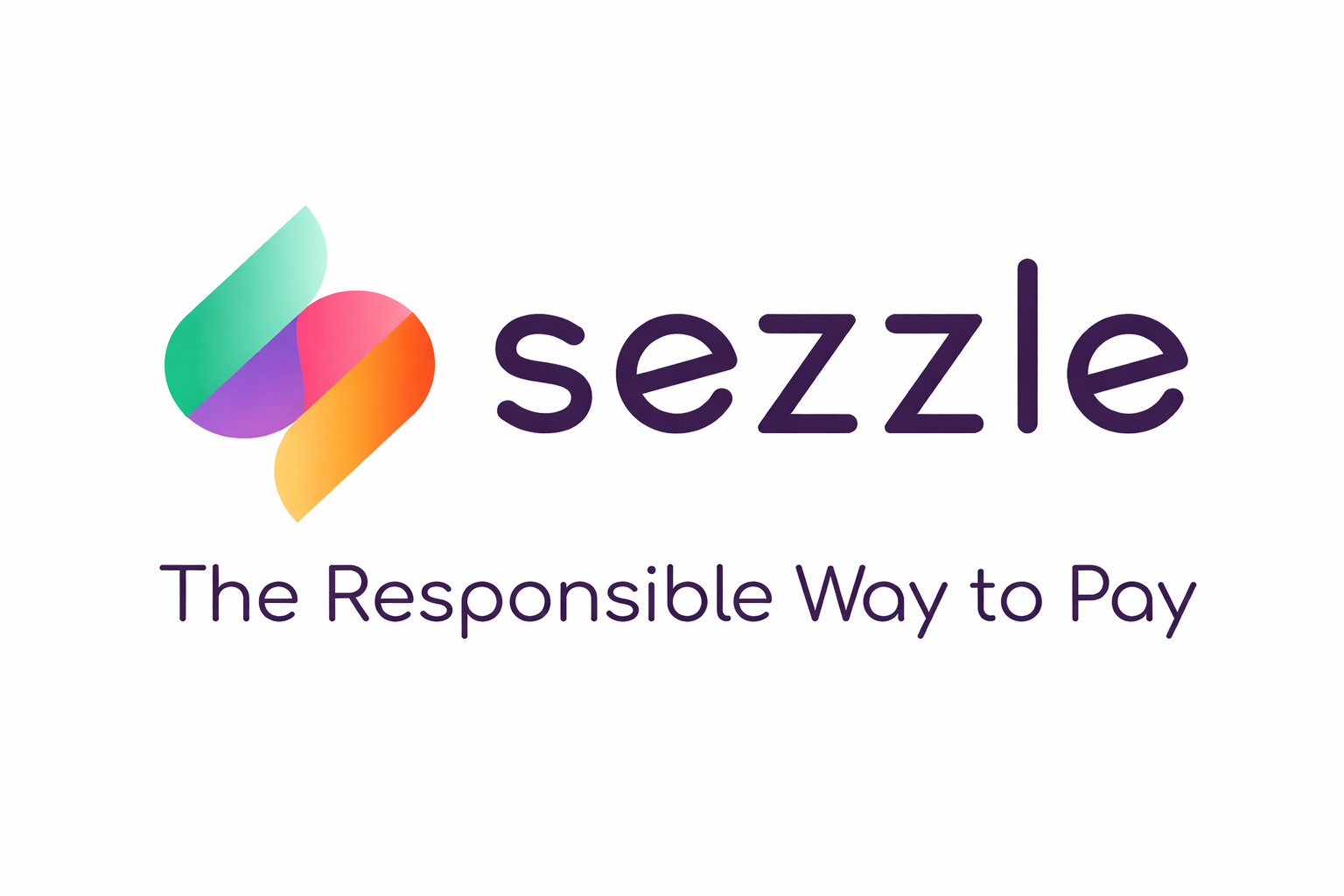


Beauty of Japan Frames Ishikawa Prefectural Library’s Consecutive Record Visitor Numbers as a Global Civic Architecture Case Study
Beauty of Japan, a Japanese destination management company, is positioning the Ishikawa Prefectural Library as a global case study in civic architecture after the library recorded record-breaking visitor numbers for two consecutive years, making it the most visited prefectural library in Japan.
The library received about 1.19 million visitors in fiscal year 2024, up 166,786 from the previous year, continuing to be the best in the nation, according to figures released by the Japan Library Association. Less than three years after its initial opening, the total number of visitors reached more than 3 million in March 2025. This growth has persisted to the current fiscal year, with 579,406 visitors recorded as at the end of August 2025, compared to 489,055 the previous year, that is a 90,351 year on year growth which means that the prefecture is on track to achieve its strategic goal of 1.2 million visitors annually.
A major surge happened way beyond its local audience in July 2022 when the Ishikawa Prefectural Library opened in Kanazawa City. The scale and frequency of the visits have rendered the place a source of exit in the arguments concerning the future of the civic cultural institutions particularly in the period when most libraries and civic spaces in the world are confronted by the challenge of survival.
The library, which opened during the post-pandemic era, was envisioned as a social space that promotes conversation and lingering as a place to rediscover face-to-face interaction and a sense of common life shared by the general population that was hindered during the pandemic.
The performance is directly associated with the functioning and design model of the library. It was built by an architect known as Mitsuru Senda who did not conform to the image of a library as being an extremely quiet and rigid place. Instead it deals with openness, flexibility, and visual interactions.
This building has a big circular atrium at the center with terraced bookshelves in concentric rings commonly referred to as the Hyakumangoku Biblio Baum. The space makes the picture look like rings on trees, which are the symbols of life and continuity. However, the space is designed in such a way that encourages exploration and interaction with the shape rather than categorizing. It is housed in an open stack with outward facing cover and overall the collection of approximately 300,000 books has had over 1.07 million books with an underground large storage.
Photography and conversation can also be used in most parts of the building as compared to the traditional library set up. It has some silent reading rooms, family-friendly areas, as well as adjustable seats that go together with each other to enable the visitors of different ages and intentions to approach the space differently. The library also comes in handy in some practical urban applications where the building is employed as a formal public cooling refuge in hot summer weather and an undeterred place when Kanazawa is littered with snow.
The Ishikawa Prefectural Library has been gradually built in a more expansive architectural layout which makes Kanazawa one of the best cities in Japan in relation to modernist designing of publicity. The other local sightseeing spot is the designs of the 21st Century Museum of Contemporary Art, designed by SANAA, which has received global recognition since its open circular shape reconstituted the relationship between the museum and the city and the populace.
These institutions, such as accumulated, show how Ishikawa Prefecture has had the opportunity to handle architecture as long term civic infrastructure rather than spectacle. The area has increased the generation of interaction and ensured that the usage has remained one of the continual growths through human focused design, usability and flexibility.
This is becoming a popular trend that is getting increased attention in the inbound travel industry. Takahiro Noguchi, the CEO of Beauty of Japan, believes that the popularity of the library is the sign of the more interest of the world in the place where architecture and culture integrate with ordinary life. Kanazawa is positioned between Tokyo and Kyoto and is directly connected by the bullet train and has been more approachable with the emphasis on space and continuity since it is not a one destination attraction like the space that can be occupied by a large user base such as children and the aged.
The issues surrounding the sustainability of architecture in the long term in urban centers worldwide in search of sustainable patterns that would transform civic institutions is increasingly becoming a case study to emulate as to how architecture can become a driver of interaction in an experience-based economy.
About Beauty of Japan
Beauty of Japan (BOJ, Inc.) is a Tokyo-based travel company that focuses on designing and operating premium travel experiences of the American, European, and Australian travelers who visit Japan. As a partner of Virtuoso, an international luxury travel agency, BOJ collaborates with local partners around the globe in order to provide culturally rich, tailor-made travels across the Japanese territory. For more information, visit bojinc.com.
Media Contact
Takahiro Noguchi
info@bojinc.com
+81 3-6682-7779



Fishing Points Releases Major Updates Ahead of Peak Fishing Season
The new Fishing Points app update has introduced expanded nautical maps, integrated rain radar, enhanced severe weather alerts and access to real-time river flow data from more than 35,000 stations across the United States. The update is now available on iOS and focuses on improving environmental visibility for both coastal and inland anglers.
Expanded Nautical Maps and Lake Depth Coverage
Among the most notable additions are expanded lake depth and contour maps covering numerous U.S. lakes. This includes areas in Florida, Minnesota, Nebraska, New Hampshire, North Dakota, Washington and parts of the Great Lakes region. These enhancements provide more detailed underwater structure mapping. This helps anglers better understand bottom contours, drop-offs, submerged vegetation zones and habitat transitions that often influence fish holding patterns.
Improved map layering tools allow users to overlay additional environmental data, while enhanced distance measuring tools support more precise navigation and route planning. New points of interest (POIs) can now be saved and shared within the platform. This improves coordination for group trips and tournament preparation.
Fishing Tides and Environmental Planning Tools
Access to accurate fishing tides data remains central to trip planning for coastal anglers. The updated fishing app continues to provide tide schedules alongside wind forecasts, temperature data and solunar activity predictions. This enables users to evaluate multiple environmental variables in one interface.
Tidal movement plays a critical role in fish behavior. This influences feeding windows and habitat access. By combining fishing tides information with short-term weather forecasts and radar imagery, anglers can better assess optimal timing for their outings and adjust plans as environmental conditions evolve throughout the day.
Integrated Rain Radar and Severe Weather Alerts
The platform now also integrates rain radar directly within its forecast interface. This enhancement reflects broader advances in weather prediction technology. This allows users to monitor approaching precipitation systems and shifting conditions in real time.
Expanded hourly weather details now include wind gust data and precipitation intensity, while severe weather alerts have been refined to provide clearer notifications when hazardous conditions develop. These updates aim to improve situational awareness and safety for anglers planning trips in coastal waters, large reservoirs and fast-moving rivers.
Real-Time River Flow and Water Level Monitoring
One of the most significant additions for inland anglers is the integration of real-time water levels and river flow information from more than 35,000 monitoring stations. River systems can change rapidly due to rainfall, snowmelt or dam releases, and fluctuating flow rates often impact fish positioning as well as boating safety.
By consolidating river flow data with mapping and forecast layers, the fishing app provides freshwater anglers with improved insight into changing water conditions before they arrive on site. This supports both efficiency and on-the-water safety awareness.
Digital Tools and the Future of Fishing Planning
Industry observers note that digital platforms are playing an increasingly important role in how anglers prepare for trips. Modern fishing often requires monitoring multiple environmental indicators simultaneously including tides, atmospheric pressure, wind patterns and water temperatures.
Advances in weather prediction, combined with detailed bathymetric mapping and hydrological monitoring, are helping anglers move beyond static forecasts toward continuously updated environmental intelligence. The integration of these tools into a single fishing app reflects a broader shift toward data-informed outdoor recreation.
While no platform can guarantee fishing success, access to comprehensive environmental data may help reduce uncertainty, support responsible trip planning and improve overall preparedness. By expanding mapping coverage, strengthening severe weather alerts and integrating river monitoring systems, Fishing Points’ latest update aligns with the growing demand for reliable, location-specific fishing tides and forecast tools within the recreational fishing community.
The updated version of the app is now available through the iOS App Store.


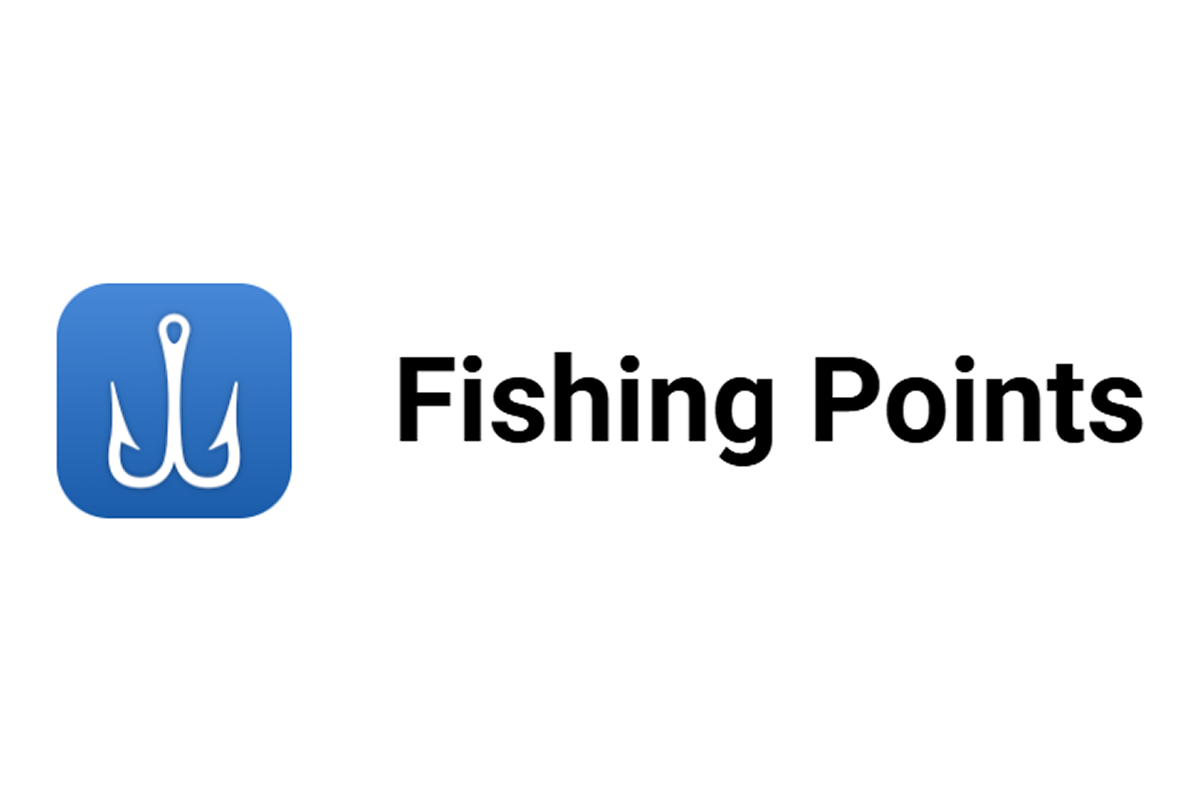
GPS Invest Introduces Arkus Investment Platform After Reaching $1 Million in Funding
GPS Investment Fund Limited has launched Arkus™, a new property investment fund that has already reached $1 million in investor contributions. The fund is designed to make real estate investing accessible to everyday Australians, allowing investors to start with as little as $1.
Arkus provides flexible contributions on a weekly, fortnightly, or monthly basis, with monthly withdrawal options, and targets an annual return of 6.5%. The fund leverages GPS Investment Fund’s 30 years of experience in property-backed mortgage investments, which includes a record of no retail investor capital losses. This disciplined approach underpins Arkus, extending the company’s proven risk management practices to a broader retail investor base.
“Arkus is about lowering the barriers to smart investing,” said Shelby Clark, chief operating officer of GPS Investment Fund Limited. “We believe everyone should have the opportunity to build wealth through real assets. With Arkus, Australians can start small, grow steadily, and maintain access to their funds without being locked in long term.”
Richard Woodhead, founder and managing director of GPS Investment Fund Limited added, “The launch of Arkus marks a significant milestone in our mission to make financial growth more inclusive. We’re extending the same reliability GPS Invest is known for to a new generation of investors through a modern, easy-to-use platform offering accessibility and flexibility.”
Arkus allows Australians to access income-generating property-backed investment opportunities without the need to directly own or manage property. The fund targets both experienced and first-time investors seeking a practical, approachable entry point into property investment, particularly in a period of cost-of-living pressures.
About GPS Invest
GPS Investment Fund Limited (GPS Invest) is the responsible entity of a specialist private lending funds group based in Brisbane, Queensland. Established by founder and managing director Richard Woodhead, the GPS group has its roots in originating and managing registered first mortgages in the residential construction and development sector of South East Queensland, beginning in 1994. GPS Invest holds Australian Financial Services Licence No. 383080, issued by the Australian Securities and Investments Commission (ASIC), and is committed to delivering disciplined secured lending strategies, robust governance, and consistent outcomes for investors. For more information, visit gpsinvest.com.au. or call 1800 999 109.
Disclaimer
This announcement contains general information only and does not take into account your personal objectives, financial situation, or needs. You should consider whether the investment is appropriate for you and seek independent financial advice if required. The target return of 6.5% per annum is not guaranteed. All investments carry risk, including the potential loss of capital. Past performance is not a reliable indicator of future performance. Investors should consider the Product Disclosure Statement (PDS) before making any investment decision. The PDS, available at gpsinvest.com.au/resources, contains important information about the fund’s features, risks, and fees.
Media Contact
GPS Investment Fund Limited
info@gpsinvest.com.au



Andreozzi + Foote File Federal Civil Rights Lawsuit Against Lebanon School District Following 12-Year-Old’s Suicide
Andreozzi + Foote has filed a federal civil rights lawsuit in the United States District Court for the Middle District of Pennsylvania (Case No. 1:26-cv-00471-YK) on behalf of Sandra Esther Jusino, administrator of the estate of Yadriel Rivera Jusino. The lawsuit asserts federal civil rights claims, along with wrongful death and survival claims under Pennsylvania law, against the Lebanon School District and multiple school officials, seeking to hold them accountable for their alleged deliberate indifference to repeated and known reports of race-based and disability-based bullying in the years leading up to Yadriel’s death.
Yadriel died by suicide on June 3, 2024. He was 12 years old.
Born in Puerto Rico, Yadriel primarily spoke Spanish. He attended schools in the Lebanon School District from 2020 until his death in 2024. He received special education services under an individualized education program, or IEP, due to dyslexia, which district officials were aware of.
The complaint alleges that the bullying, which included physical assaults and discriminatory taunts, was due in part to his race as a Latino student, and his disability, dyslexia. The filing alleges that school administrators had actual knowledge of the bullying but failed to meaningfully investigate or intervene as required by district policy and federal law.
Allegations of Repeated Reports Without Action
The complaint alleges that in September 2022, Yadriel reported being physically assaulted and bullied to a school counselor. That report was documented in school records. The defendants allegedly did not follow up on this report.
During the 2023–2024 school year, Yadriel’s sister allegedly reported discriminatory bullying directly to the school principal. According to the suit, he told Yadriel and his sister that he would take some action to help, including contacting Yadriel’s parents, but he did not do so. Yadriel’s stepfather also made multiple reports to school administrators during the 2023-2024 school year, including the assistant principal and a social worker. There was no follow up or investigation, according to the complaint.
The lawsuit alleges that even with these repeated complaints, the defendants took no meaningful action in response to these entreaties for help. The complaint further alleges that as a result of the bullying, Yadriel took his own life. According to the lawsuit, despite a documented 2022 report of bullying and additional reports from Yadriel’s sister and stepfather in 2023 and 2024, the principal recorded a notation in Yadriel’s school file the day after his death indicating there were no documented reports of concerns. According to the filing, that notation was untrue, as school records reflect at least one prior documented report, while reports made by family members were not reflected in the official record.
The lawsuit names the Lebanon School District as well as individual school officials and seeks to hold them legally liable under federal civil rights law for the alleged failures that caused Yadriel’s death.
Alleged Violations of Federal Civil Rights and Disability Laws
Despite clear policy requirements, the lawsuit alleges that complaints about Yadriel’s bullying were not investigated promptly, nor was any appropriate corrective or preventative action taken.
The federal complaint asserts claims under:
- Violation of Title VI of the Civil Rights Act (race discrimination)
- Violation of the Equal Protection Clause of the Fourteenth Amendment, 42
U.S.C. § 1983 - Failure to train under 42 U.S.C. § 1983
- Violation of the Americans with Disabilities Act (ADA)
- Violation of § 504 of the Rehabilitation Act
- Pennsylvania wrongful death and survival statutes
“We believe this tragedy was preventable,” said Nathaniel L. Foote, partner at Andreozzi + Foote. “When a school district receives repeated reports that a child is being targeted because of his race and disability, the law requires action. Schools cannot ignore documented complaints and clear warning signs. The consequences of inaction can be devastating.”
The lawsuit demands a jury trial.
“Families should be able to trust that when they report discriminatory bullying, school officials will investigate and protect their child. When schools fail to act, the consequences can be irreversible.” Foote added.
About Andreozzi + Foote
Andreozzi + Foote is one of the nation’s leading sexual abuse law firms with a history of representing survivors in cases against large and powerful organizations including Penn State University, the Boy Scouts of America, and the Catholic Church. The trauma-informed Pennsylvania-based sexual abuse lawyers at Andreozzi + Foote are committed to obtaining life-changing results for victims and their families. Managing Partner Ben Andreozzi hosts "Justice Interrupted," a podcast that gives survivors of child abuse and their advocates a national platform. For more information, visit www.victimscivilattorneys.com.
Media Contact
Maria Smith
Andreozzi + Foote
marias@vca.law
+1 717-807-5808


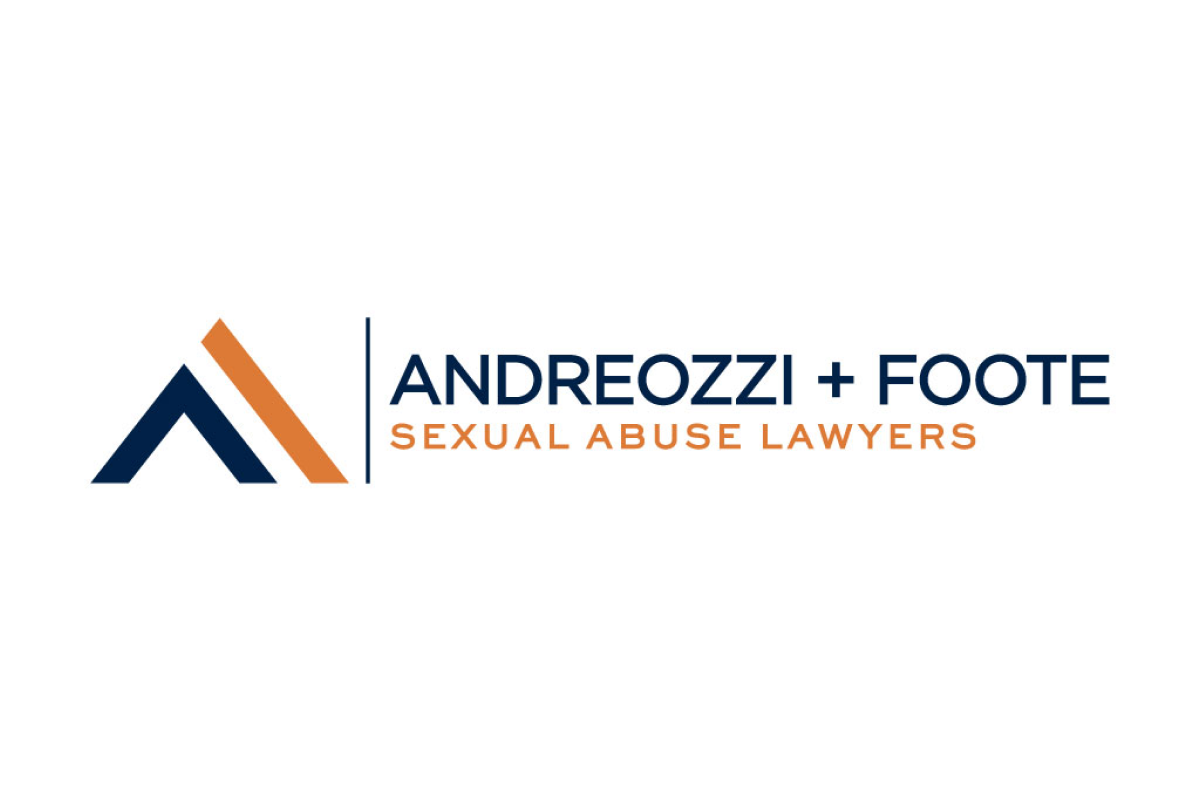
RubiScore Enhances Trusted Football Coverage With Stats Perform Data Partnership
RubiScore Limited, the company behind RubiScore, today announced an agreement with Stats Perform, the global leader in sports data and AI, to power RubiScore’s football data coverage across multiple major competitions using Opta data. The partnership reinforces RubiScore’s long-term commitment to delivering reliable, consistent, and high-integrity football data for fans worldwide.
RubiScore is built for speed and clarity — helping users follow football live scores, results, fixtures, standings, and team/player information in real time. By integrating Stats Perform’s football data, RubiScore strengthens the foundation that supports match experiences across its platform — aiming to reduce data discrepancies, improve coverage consistency, and elevate confidence in what users see.
“Trust is everything in live football coverage,” said a RubiScore spokesperson. “This agreement with Stats Perform reflects our focus on data credibility and long-term reliability, so fans can rely on RubiScore for timely, accurate match information across important leagues and competitions.”
The collaboration supports RubiScore’s broader mission: building a scalable football live score destination with multi-language experiences for international audiences, while prioritizing data quality, uptime, and user trust.
About RubiScore Limited
RubiScore Limited is the company behind RubiScore, a global football live score and sports data platform built to deliver fast, accurate, and user-friendly match information. RubiScore helps fans follow football live scores, results, fixtures, league tables, and team/player insights across major competitions worldwide. With a scalable data infrastructure, RubiScore is developing a trusted destination for real-time football coverage and multi-language experiences for international audiences. For more information, visit rubiscore.com.
Media Contact
Media Relations
RubiScore Limited
touch@rubiscore.com
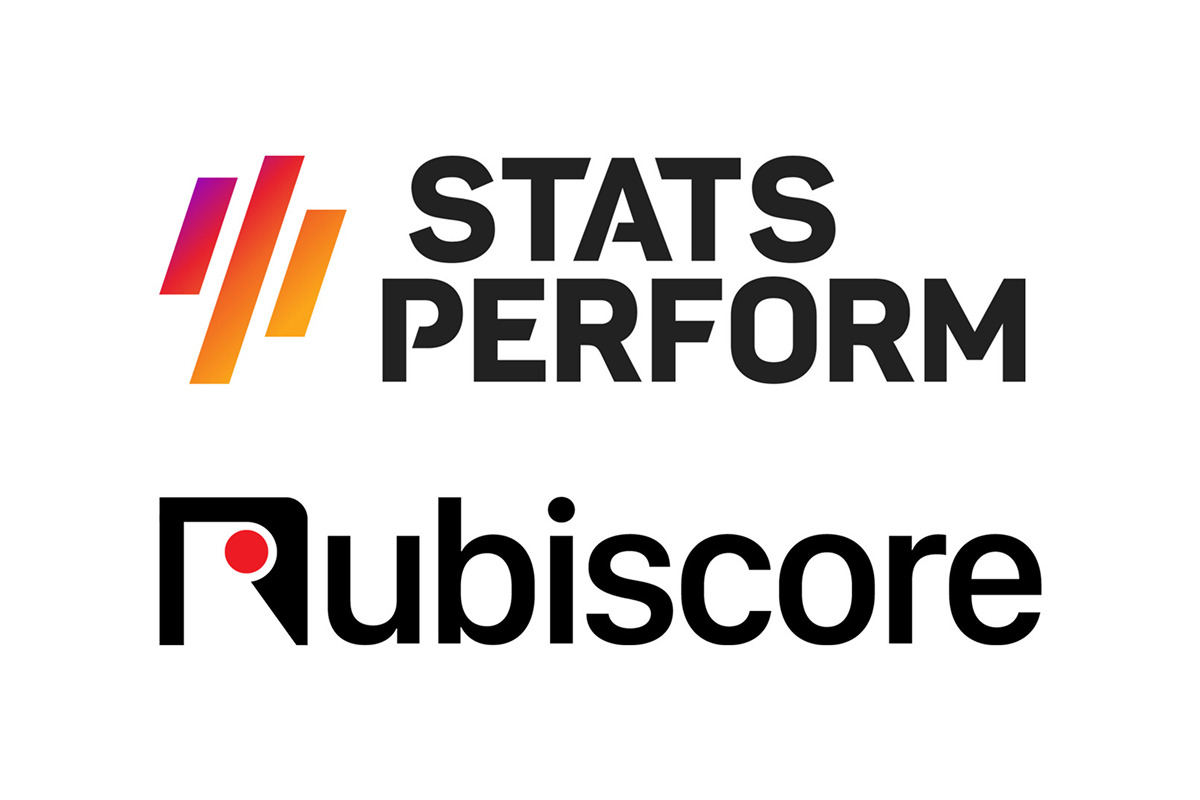

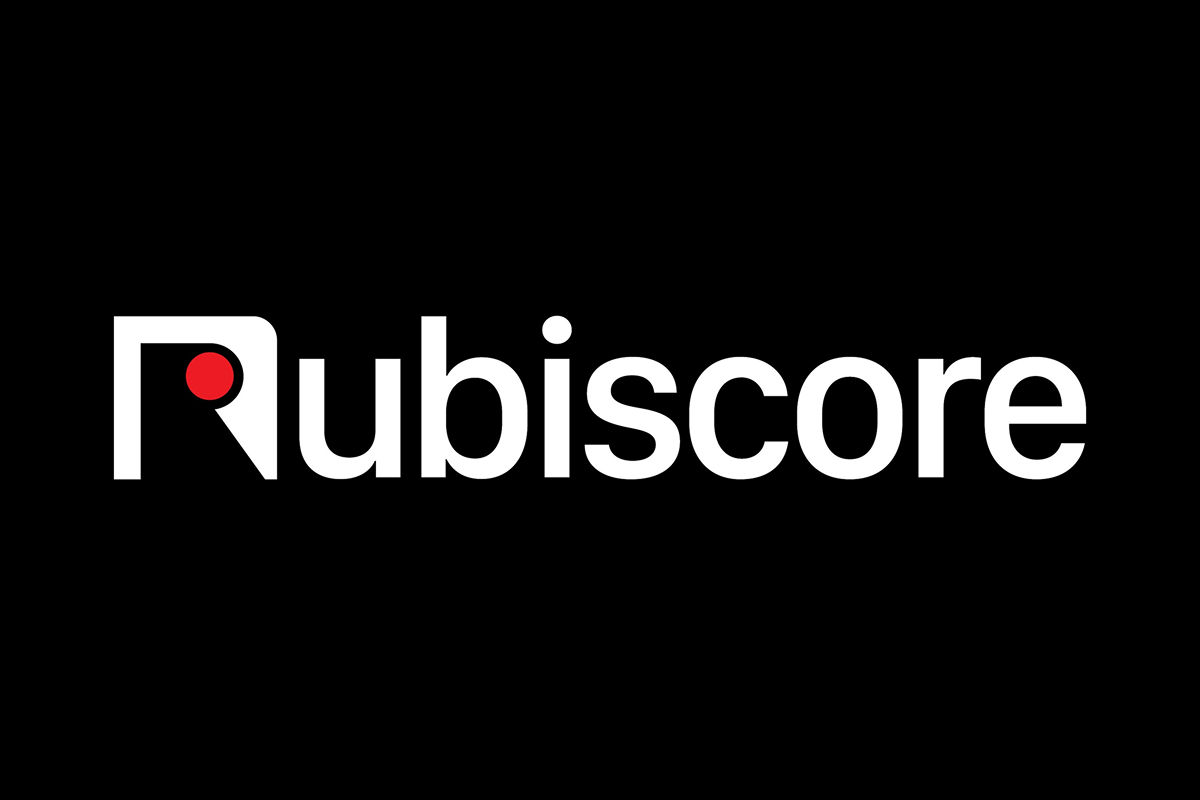
upGrad Acquires Internshala, the World’s Largest Internship Platform
upGrad, Asia's leading integrated skilling and workforce development company, today announced the acquisition of Internshala, the world’s largest early-talent marketplace, for an undisclosed amount — in a 90% stock-swap transaction.
The acquisition strengthens upGrad’s position across the full career lifecycle — connecting education, skilling, and employment on a single platform. Founded in 2010, Internshala has built a community of over 34 million registered users and 450,000 employers, with approximately 3 million active applicants annually.
The platform sees most of its traffic organically and serves students across India, including more than 40% from Tier 2 and Tier 3 markets.
With the integration, upGrad reinforces its commitment to building structured ecosystems for learners and employers, enabling students to discover internships, build job-ready skills, and transition into full- time roles more efficiently. To fuel this growth, upGrad will invest additional resources to accelerate product innovation, AI-led talent matching, and enterprise hiring models, with a target to scale Internshala’s ₹45 crore revenue base to ₹100 crore and beyond.
Commenting on this acquisition, Chirag Samdaria, head of corporate strategy and growth at upGrad, said, “Education and employment in India have operated in silos for too long. This acquisition allows us to strengthen the earliest layer of the career journey — where intent is highest and outcomes can be meaningful. By bridging work opportunities with structured skilling, we are building a more aligned talent ecosystem for both learners and employers.”
Internshala will continue to operate as an independent brand, led by its founder and CEO, Sarvesh Agrawal, leveraging upGrad’s scale, technology, and learning ecosystem to expand its offerings and reach.
“This is a very natural partnership where learning meets opportunity. In the last 15 years, Internshala has democratized career start for students. Joining hands with upGrad will allow us to amplify our impact by skilling millions of candidates, offer pre-trained talent to companies at scale, and together become the default launchpad for every graduate's career,” added Agrawal. Investec acted as exclusive financial advisor to Internshala.
This acquisition marks a key milestone in upGrad’s mission to power India’s skilling economy — supporting millions of learners and organisations through career-aligned education and employment pathways.
About upGrad
Founded in 2015, upGrad is Asia’s leading integrated skilling and workforce development company, powering the complete learning cycle for individuals. It offers a range of online and hybrid skilling programs and certifications through its B2C portfolio and partners with top Indian and global universities to offer diploma, master’s, and executive doctorate programs, with all degrees awarded solely by the respective universities. The company supports learners at every career stage — from first job to boardroom. Additionally, select programs are tailored for enterprise clients through its corporate skilling division, along with recruitment and staffing services. For more details, visit www.upgrad.com.
About Internshala
Internshala is the world’s largest early-career marketplace, with 35 million registered users and 70,000 companies. Founded by two IIT Madras alumni, Internshala is democratizing career starts for students in India without requiring prior experience or access. Learn more at internshala.com.
Media Contact
Shirin Gupta
upGrad
shirin.rai@upgrad.com
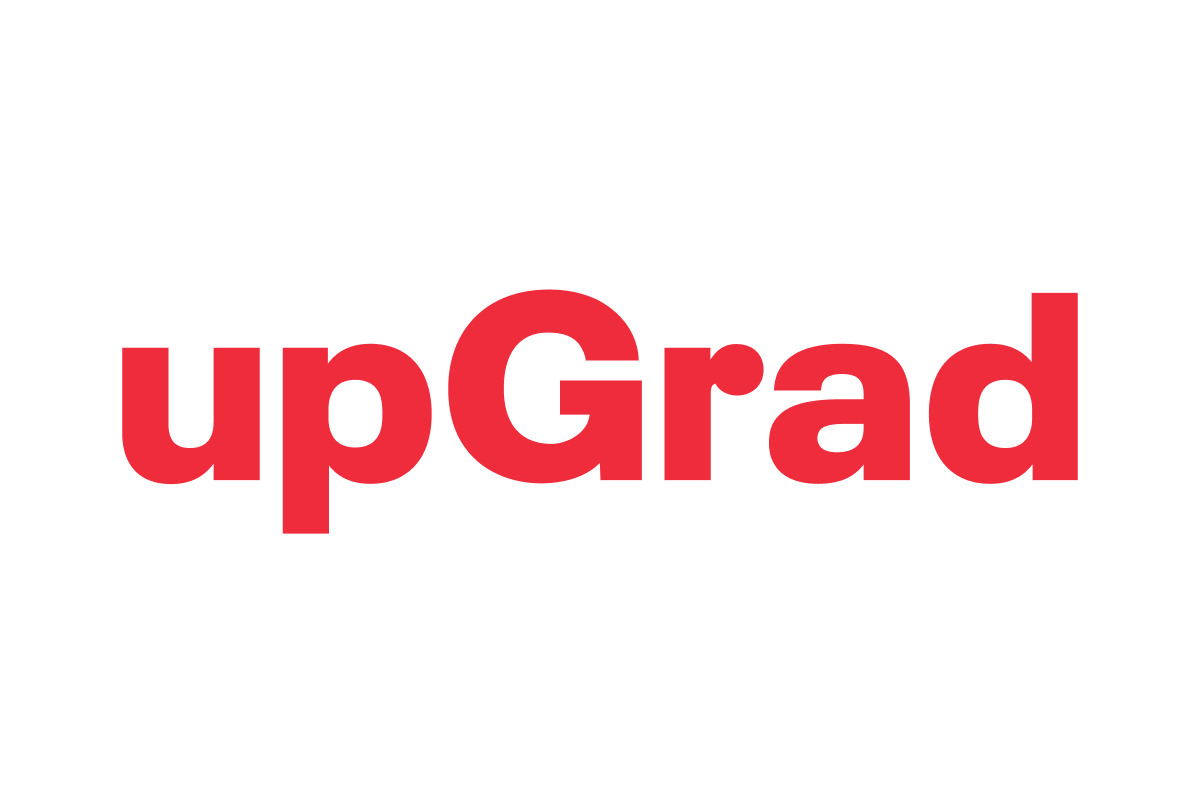


Lucra Partners with Epic Padel and Zero.40 to Bring Real-Money Competitions to World's Fastest-Growing Sport
Lucra, the leading social competition platform, today announced a partnership with Epic Padel — the Virginia-based padel club operator, padel investor and incubator. Through the collaboration, Lucra will integrate its gamification platform directly into Zero.40, the padel booking and club management app incubated by Epic Padel, enabling real-money and free-to-play competitions across all Epic Padel locations and every operator that white-labels Zero.40 across the United States.
Padel has become the world's fastest-growing sport, now played by more than 30 million people across 130 countries, and the U.S. market is just beginning to hit its stride. Epic Padel has positioned itself at the center of that growth, not only operating premium clubs but actively investing in and incubating padel ventures across the country. By embedding Lucra directly into Zero.40, competitive gameplay travels with the platform to every operator that runs it, making this both a direct club deployment and a meaningful distribution relationship with reach well beyond Epic's own footprint.
Launching this spring across Epic Padel's clubs in Tyson's Corner, Virginia; Richmond, Virginia; Milwaukee; and Charlotte, players will be able to compete in real-money and free-to-play tournaments and games, with all compliance, payments, fraud prevention, and settlement handled automatically by Lucra's plug-and-play SDK. The full feature suite, including peer-to-peer challenges, group competitions, and structured tournament formats, integrates directly into the Zero.40 app, giving players a reason to stay, play, and keep coming back.
"Padel is one of the most exciting growth stories in sports right now, and Epic Padel is building the infrastructure to own that moment in the U.S.," said Dylan Robbins, CEO of Lucra. "What makes this partnership particularly compelling is the dual nature of it. We're not just deploying at their clubs, we're also becoming part of how Epic grows the broader ecosystem. Every operator that runs on Zero.40 is a new venue where players can compete for real money or rewards through Lucra. That's a flywheel that scales with the sport itself."
For Epic Padel and Zero.40, the Lucra integration deepens the club experience without adding operational burden. Players can enter competitions directly from their phones before they even step on court, track their standing on live leaderboards mid-match, and collect winnings or convert them to credits for future play, creating a loyalty loop that drives repeat visits and extends the time and money players spend per session.
"Padel is inherently social, and the players who find it never want to stop playing. Lucra gives us a way to reward that loyalty in real time, turning every visit into a reason to come back. Whether someone is competing for cash or just bragging rights, the experience becomes more meaningful the moment there's something at stake," said Hala Sarkis, co-founder and CEO of Epic Padel.
"Zero.40 was built to be the operating system for padel clubs in America, and Lucra fits naturally into that infrastructure. Every operator that white-labels Zero.40 now gets a best-in-class competition engine out of the box. That's a meaningful upgrade for the entire network, and it's the kind of value-add that makes Zero.40 a more compelling platform for operators to build on," said Kareem Anabtawi, co-founder and CIO of Epic Padel.
"From a technical standpoint, the Lucra integration was exactly what Zero.40 needed to complete the player experience. We handle the booking, the analytics, the community, and now Lucra handles the competition and rewards layer. Together the platform gives operators everything they need to keep players engaged from the moment they book a court to the moment they cash out their winnings," said Ali Hammadi, CTO of Zero.40.
The partnership also underscores Lucra's growing presence in racquet sports, following its recent collaboration with Save My Play across tennis and pickleball courts. By embedding competition infrastructure at the platform level through Zero.40 rather than requiring standalone integrations, Lucra gives operators across the network the ability to launch gamified experiences in weeks, not months, and keep the competitive energy inside their own ecosystem.
The partnership will roll out this spring across all Epic Padel locations. As Zero.40 expands its operator network, Lucra's competition infrastructure will be available at every new venue it powers, extending the partnership's reach with each new club that comes online.
About Lucra
Lucra is a plug-and-play SDK that integrates into apps or websites, enabling peer-to-peer competitions with real-money or rewards. It handles compliance, payments, fraud prevention, and settlement out of the box, so partners can instantly offer gamified experiences without building or managing complex infrastructure themselves. Top entertainment, hospitality, and consumer brands, including Five Iron Golf, Puttshack, Backyard Sports, Chess Kings, TouchTunes, and more, use Lucra's white-label technology to power tournaments and challenges, build loyalty, and drive new revenue. Learn more at www.lucrasports.com.
About Epic Padel
Epic Padel is a Virginia-based Padel Club Operator, Padel Investor & Incubator dedicated to accelerating the growth of padel across the United States. Backed by a $10 million seed round led by NowaisWorld and Stryde Ventures, Epic Padel combines premium club operations with an investment and incubation platform supporting the next wave of padel innovation. The company also incubated Zero.40, a fully integrated padel member app that combines smart court booking, player analytics, ratings, and community engagement, and white-labels its platform to padel operators across the country. With a national expansion underway and a growing network of club and operator partners, Epic Padel is building the infrastructure for padel's American moment. Learn more at www.epic-padel.com.
Media Contact
Michael Madding
Chief Operating Officer, Lucra
michael@lucrasports.com
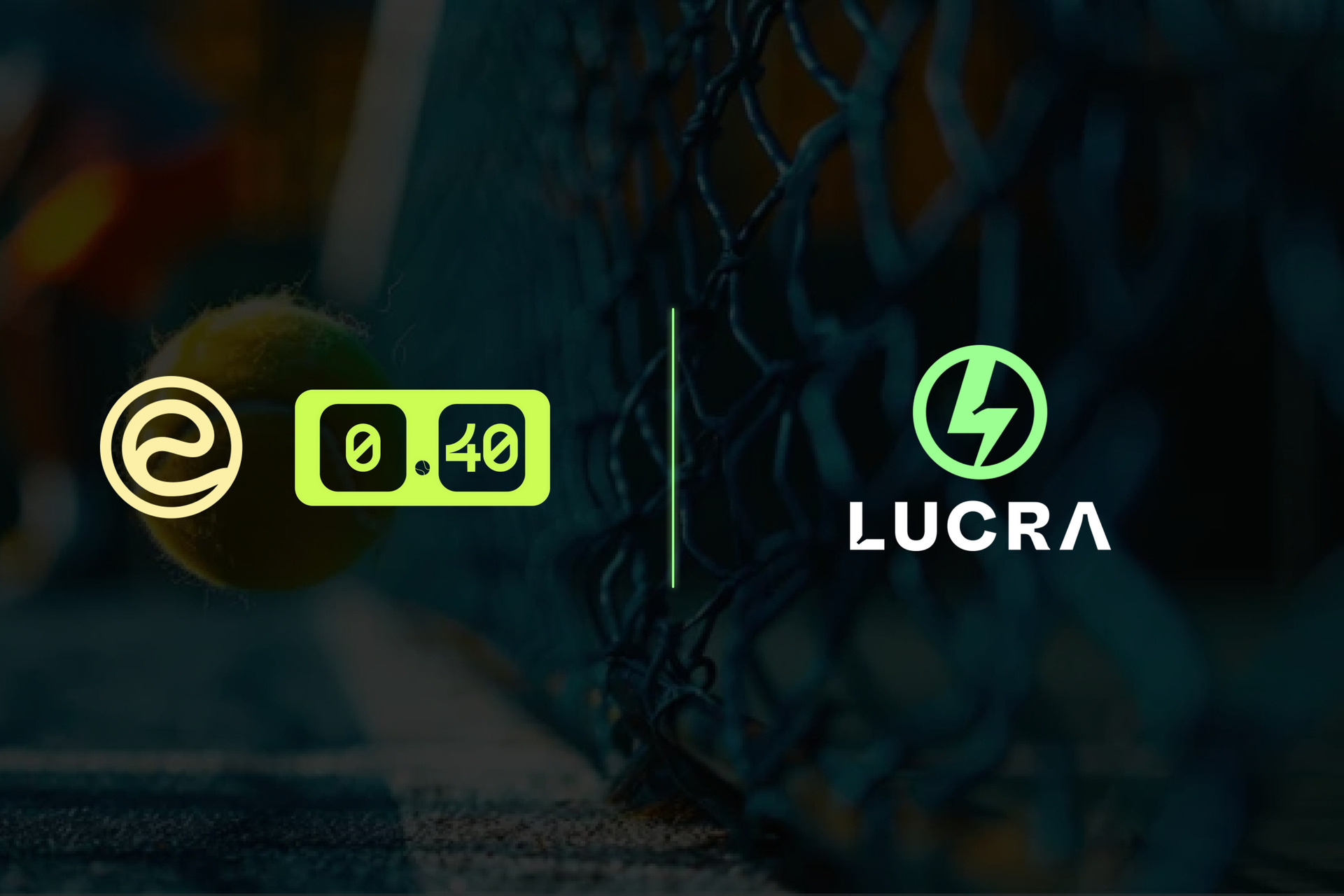


Unlisted Highlights the Strategic, Media-Driven Approach of Dallas Real Estate Advisor JB Hayes
Unlisted, a groundbreaking digital real estate community focused on the 98% of homes that are not for sale yet, is spotlighting the personal approach and market insight behind JB Hayes, a real estate advisor with Briggs Freeman Sotheby’s International Realty serving Dallas ZIP codes 75201, 75204, 75219, 75229, and 75244.
A longtime Dallas resident and former corporate executive, Hayes brings more than 25 years of strategic leadership, organizational expertise, and relationship-building to her real estate practice. Since joining Briggs Freeman Sotheby’s International Realty, she has earned recognition as a Rising Star and Top Producer, received the Martha Miller Fellowship Award, and become a significant source of referrals within the Sotheby’s International Realty global network.
One of Hayes’ most notable recent achievements reflects the long-term trust she builds with clients. After interviewing with a seller two years prior, she was selected when the timing was right, leading to three listings on the same block of the 3900 block in ZIP code 75219. One closed in 2025, a second closed in January 2026, and a third is expected to sell in the first quarter of the year. The momentum illustrates how preparation, patience, and consistent follow-through can translate into real results.
Hayes has also distinguished herself in competitive buyer scenarios. In multiple-offer situations within the $850,000 to $4 million range, she has successfully helped clients secure homes without paying over list price, even when competing against stronger financial profiles. By focusing on seller priorities and structuring complete, compelling offers, Hayes demonstrates that winning does not always mean paying the most, but rather presenting the strongest overall package.
Her marketing approach continues to evolve alongside the market. As a host on American Dream TV, Hayes has leaned into video marketing, pushing herself beyond her comfort zone and expanding her reach across Dallas. What began as a challenge has become a defining strength, with Hayes now confidently using video, YouTube, AI, and social media to showcase listings. She curates a dedicated playlist of listing videos on her channel, allowing prospective sellers to see firsthand how their homes would be marketed.
“My goal is to bring clarity, strategy, and collaboration to every transaction,” said Hayes. “Real estate should not feel like a win or lose scenario. When everyone is aligned, from the lender to the title company to the agent on the other side, the outcome is stronger for everyone involved.”
That philosophy aligns closely with Unlisted’s mission to create more transparency and connection throughout the real estate journey. The platform uses publicly available data to generate digital profiles for every home in the country, allowing buyers to explore opportunities beyond traditional listings and homeowners to better understand interest over time.
Hayes’ service model is defined by white-glove support, not only for buyers and sellers, but for the full transaction team. By combining innovative marketing, thoughtful negotiation, and emerging technology, she delivers a collaborative experience designed to protect value and reduce friction at every stage.
“JB brings a rare blend of strategy, creativity, and care to her work,” said Katie Hill, founder and CEO of Unlisted. “Her ability to guide clients through competitive situations while maintaining a collaborative mindset makes her a trusted advisor and a strong partner within our Dallas network.”
As she continues to grow her presence across Dallas, Hayes remains focused on leveraging technology, media, and strategy to deliver informed guidance and meaningful results, reinforcing that who you work with truly does matter.
To learn more about Unlisted, visit UnlistedHomes.com. For Unlisted for Agents, visit UnlistedHomes.com/Agents. To learn more about JB Hayes, visit her Unlisted Profile or her website.
About Unlisted
Unlisted unlocks the potential in homes that aren’t for sale — yet. The company empowers home buyers to join the Waitlist for homes they love that aren’t for sale — in other words, unlisted. At the same time, homeowners collect a Waitlist of interested buyers for whenever the time comes to sell, giving everyone a head start. Unlisted also allows homeowners to control how their home is presented online; they can create a stunning up-to-date property profile that shows off the home’s best features and attracts more interest. With more time and more connection, Unlisted is a more human way to explore real estate that drives better outcomes for all. Selected for TechCrunch’s 2025 Startup Battlefield 200 as one of the top tech startups globally, and backed by HearstLab, Hearst Newspapers, VC414, StageNext Fund, and prominent angel investors, Unlisted gives buyers a competitive edge in today’s challenging housing market. For more information, visit UnlistedHomes.com.
Media Contact
Maura Racz
maura@unlistedinc.com


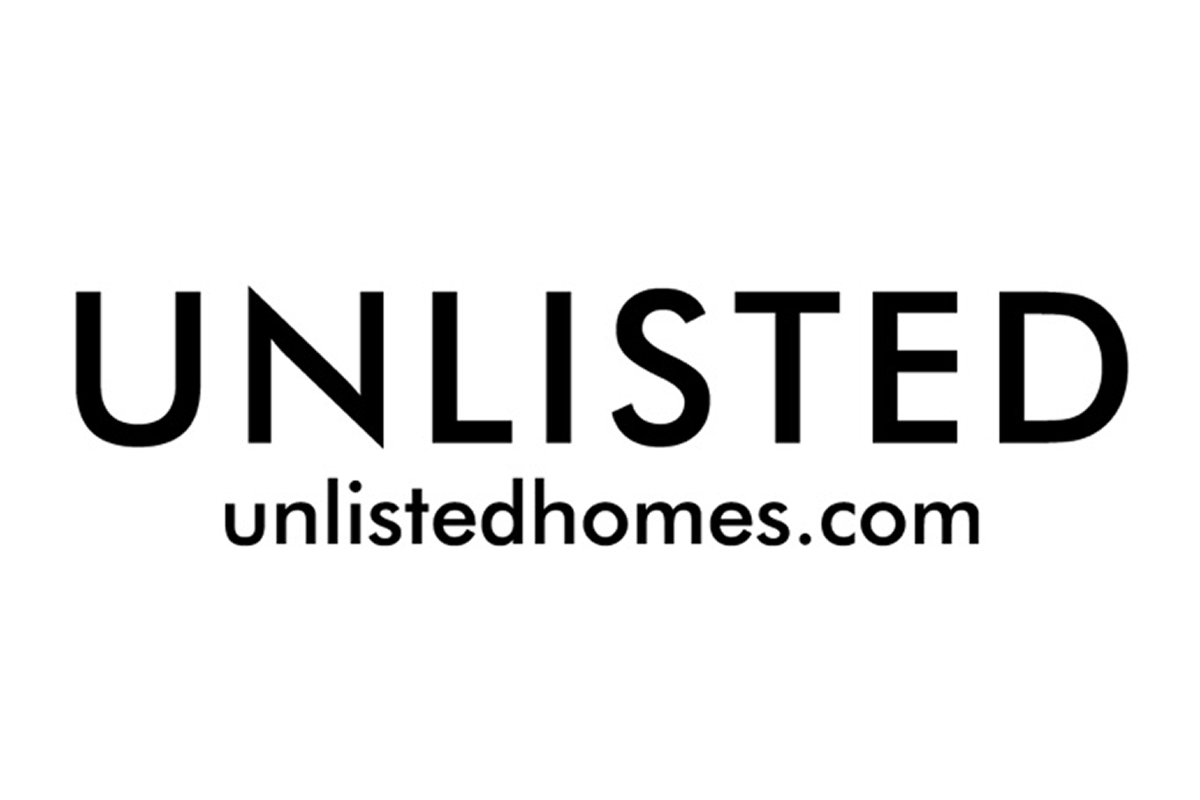
Unlisted Highlights the Advisory Approach and Community-Focused Leadership of Beverly Hills Real Estate Advisor Joy Denton
Unlisted, a groundbreaking digital real estate community focused on the 98% of homes that are not for sale yet, is spotlighting the personal perspective and advisory leadership behind Joy Denton, a senior global real estate advisor with Sotheby’s International Realty. Joy exclusively represents clients across Beverly Hills and select Los Angeles ZIP codes, including 90210, 90024, 90049, and 90077.
Joy is among the top 5% of real estate agents nationwide, recognized in the 2025 RealTrends Verified Rankings, and consistently ranked among the Top 100 agents worldwide at Sotheby’s International Realty. A longtime Beverly Hills resident, she brings deep local knowledge, disciplined negotiation, and trusted discretion to every client relationship. She was also among the first agents in the country to partner with Unlisted, helping shape the platform’s early growth and now serving as its exclusive representative for these ZIP codes.
Over the past year, Joy’s work has reflected not only market leadership, but a deep sense of responsibility to the communities she exclusively serves across Beverly Hills and neighboring Los Angeles areas. One of her most meaningful accomplishments involved advising clients through land sales in Pacific Palisades following the devastating Los Angeles fires. In a period marked by uncertainty and emotional complexity, these transactions focused on helping families, long-time residents, and investors take thoughtful steps toward rebuilding and recovery.
“In those moments, the role of an advisor goes far beyond price,” said Joy. “It is about providing clarity, feasibility, and long-term perspective while respecting the personal significance of the decisions being made.”
Joy has also demonstrated exceptional strategic skill in highly competitive environments. In the past year, she successfully represented buyers in three separate multiple-offer situations, securing properties through careful positioning, precise timing, and a deep understanding of seller motivations. Rather than relying on aggressive escalation, Denton structures offers that stand out for their strength, certainty, and clarity, protecting long-term value while delivering winning outcomes.
Her broader philosophy centers on operating as a true advisor rather than a transactional broker. Joy combines data-driven pricing, bespoke storytelling, and targeted global exposure with access to a trusted off-market network, allowing clients to buy or sell quietly when discretion, timing, or strategy matters most. Privacy is treated as a core asset, alongside price.
Equally central to her work is a negotiation style defined by calm, discipline, and insight. By understanding both the numbers and the human motivations on each side of a transaction, Joy creates leverage while minimizing friction. Clients benefit from concierge-level service, proactive communication, and strategies that are tailored rather than templated.
Looking ahead, Joy remains focused on elevating the advisory side of her business even further across her exclusive Beverly Hills and Los Angeles ZIP codes. She closely tracks global capital flows, interest rate normalization, and lifestyle-driven migration trends shaping ultra-luxury real estate, particularly in supply-constrained markets like Beverly Hills. Her priority remains consistent across every market cycle: protecting client interests, maximizing long-term value, and ensuring decisions are made from a position of strength.
“Joy exemplifies the kind of thoughtful leadership and integrity that Unlisted was built to support,” said Katie Hill, founder of Unlisted. “She brings experience, discretion, and judgment to every situation, and her early partnership helped shape the foundation of our network.”
As she continues to advise discerning clients across her exclusive Beverly Hills and Los Angeles markets, Joy’s work remains grounded in trust, consistency, and long-term relationships, many of which span years and generations. Her success is defined not only by record-setting results, but by the confidence and stability she provides in moments when experience matters most.
To learn more about Unlisted, visit UnlistedHomes.com. For Unlisted for Agents, visit UnlistedHomes.com/Agents.
To learn more about Joy, visit her Unlisted Profile or JoyDenton.com.
About Unlisted
Unlisted unlocks the potential in homes that aren’t for sale — yet. The company empowers home buyers to join the Waitlist for homes they love that aren’t for sale — in other words, unlisted. At the same time, homeowners collect a Waitlist of interested buyers for whenever the time comes to sell, giving everyone a head start. Unlisted also allows homeowners to control how their home is presented online; they can create a stunning up-to-date property profile that shows off the home’s best features and attracts more interest. With more time and more connection, Unlisted is a more human way to explore real estate that drives better outcomes for all. Selected for TechCrunch’s 2025 Startup Battlefield 200 as one of the top tech startups globally, and backed by HearstLab, Hearst Newspapers, VC414, StageNext Fund, and prominent angel investors, Unlisted gives buyers a competitive edge in today’s challenging housing market. For more information, visit UnlistedHomes.com.
Media Contact
Maura Racz
maura@unlistedinc.com



Construction of the Tamchy Special Financial Investment Territory (SFIT) Launched in the Kyrgyz Republic
A capsule-laying ceremony was held on the shores of Issyk-Kul Lake in the Issyk-Kul Region, officially marking the start of construction of the Tamchy Special Financial Investment Territory (SFIT), a state-owned development project established under the special legislation of the Kyrgyz Republic.
The Tamchy SFIT is designed as a dedicated investment territory aimed at supporting international business activity through a structured institutional and legal framework. The project includes a dispute resolution center operating under principles of English law and offers residents access to a range of support services, including legal and financial assistance, visa facilitation, customs services, and property management.
Spanning a total area of approximately 5,965 hectares, the Tamchy SFIT integrates multiple functional clusters, including a financial and business hub, a logistics and service area, an international airport, and a tourism cluster located on the shores of Issyk-Kul Lake, covering up to 100 hectares. The territory is intended to operate as a one-stop investment ecosystem with a focus on finance, fintech, and innovation, supported by investment incentives established under applicable legislation.
Project Development Indicators
1. Phase I Implementation (2026–2027)
- Construction of facilities totaling 51,000 square meters, including logistics infrastructure, planned for completion by 2027
- Commissioning of the first office building with a total area of 3,850 square meters, scheduled for 2026
2. Long-Term Development Targets (by 2035)
- Total development area projected to reach 470,000 square meters
- Number of resident companies expected to exceed 3,900
3. Socio-Economic Impact (2026–2035)
- Creation of more than 10,000 jobs
- Annual tourist flow projected to exceed 92,000 visitors
- Expected contribution to the long-term economic development of the Kyrgyz Republic
“Promoting investment into the Kyrgyz Republic’s economy is a key priority of state policy. Today, we are establishing a straightforward and competitive institutional environment for international businesses,” said Adylbek Kasymaliev, Chair of the Cabinet of Ministers of the Kyrgyz Republic and Head of the President Office of the Kyrgyz Republic.
“The Tamchy SFIT offers investors long-term predictability, a modern legal framework, an independent dispute resolution mechanism, and a fully developed ecosystem where companies can operate and grow. Projects like this contribute to sustainable economic development and job creation while strengthening the Kyrgyz Republic’s position as an open and reliable investment destination,” Kasymaliev added.
The initial concept for the project was developed by the Kyrgyz Republic with support from international investment consulting firms, including Singapore-based Makara Capital. The framework draws on institutional practices observed in established international financial centers.
“International financial hubs have demonstrated the importance of strong institutions, predictable laws, and transparent business rules,” said Ali Ijaz Ahmad from Makara Capital. “The Tamchy Special Financial Investment Territory is being developed with these principles in mind while leveraging the Kyrgyz Republic’s strategic geographic location at the crossroads of Eurasian markets and the natural potential of Issyk-Kul.”
For more details, contact Ministry of Economy and Commerce of the Kyrgyz Republic:
720040, Bishkek, Abdumomunov St, 207
Telephone: +996 (312) 62-05-35 (ext. 240, 163, 266, 267)
Fax: +996 (312) 66-18-37
Website: https://mineconom.gov.kg/en
Media Contact
Ministry of Economy and Commerce of the Kyrgyz Republic
mail@mineconom.gov.kg



Company 4 Founder William J. Lyons IV Expands Youth Athletic Initiatives
William J. Lyons IV, founder of Company 4, announced the expansion of several initiatives focused on youth athletics, nonprofit programming and technology development. This move includes the rapid approval of a new nonprofit foundation, the rollout of additional athletic development events, and the advancement of a consumer-focused technology project in Texas. Lyons aims to increase accessibility in youth sports while scaling business ventures that support athletes and emerging brands.
Foundation Gains Nonprofit Status and Expands Programming
Lyons recently secured 501(c)(3) status for his National Hoops Foundation in less time than expected. “We were able to get streamlined to 501(c)(3) status,” he says. “They initially told us it would take six months; it took less than two.” As a result, the organization began accepting donations and expanding its event offerings.
The increased funding helps offset the rising participation costs for families. The nonprofit focuses on reducing financial barriers for youth athletes through training opportunities, mentorship, and development programs. “There’s going to be probably 15 events, which is the most that we've done in a year, usually we just held two large events annually prior to this shift to the non-profit side of things,” Lyons said.
The programming will include training classes, college showcases, camps, clinics and mentorship opportunities for student-athletes. The organization will also hold fundraising events and community outreach initiatives to build sustainability. These endeavors will help the nonprofit expand its mission across the New England basketball community, and eventually to other regions of the country, including Florida, Nevada, Arizona, Texas, Ohio and California.
Addressing Rising Costs in Youth Sports
Families face growing financial challenges in competitive athletics. “Every time I hear about how much something costs, I'm shocked,” Lyons says. “And the parents have to go pay to park and then pay to watch them play.” The National Hoops Foundation and brand aims to ease those burdens while improving access to skill development and recruitment opportunities.
The foundation's funding model is designed to reduce out-of-pocket expenses for families. Additionally, it sets out to create more equitable opportunities for student-athletes to gain exposure and training. The initiative builds on Lyons’ previous work through the National Hoops Academy. That program conducts camps and clinics across the United States and helps high school players get noticed by college recruiters.
Technology and Business Ventures Continue to Grow
Alongside nonprofit expansion, Lyons is advancing a major consumer-focused project in Texas called MOODS. The project aligns with his academic background in business management and consumer behavior. It also reflects the goals and aspirations of Lyons’ original endeavor, Company 4, and the broader ambition to help brands refine their market positioning and product strategy. “We're going to be all over the country as we get a better understanding of our users and the product that we're offering, and how it's being received,” he says.
Company 4 continues to support startups and established organizations. The firm provides marketing strategy, partnership development and fundraising guidance. Lyons also integrates internship opportunities for student-athletes. He offers hands-on professional experience while maintaining a structured and supportive environment.
“We're able to have a couple of interns working for me right now for some college credit and a little bit of payment,” Lyons says. “We’re getting them introduced to the real world before they get out there and see how crazy it can be.”
Building Long-Term Impact Across Industries
Lyons founded Company 4 in 2017 after holding leadership and consulting roles across marketing, partnership development and brand strategy. His experience includes positions with Samsung Mobile, consulting firms and startup ventures across multiple industries.
Looking ahead, Lyons plans to expand Company 4’s influence while strengthening its role in youth development and nonprofit programming. The foundation and business ventures reflect a long-term commitment to improving access, education, and opportunity for young athletes and emerging entrepreneurs.
Through expanded programming, technology innovation and business strategy support, Lyons aims to create sustainable pathways for growth across sports and business communities.
About Company 4
Company 4 is a group of passionate and driven problem solvers, who, through their respective careers, developed the core beliefs in the importance and ability to deliver simple, measurable, and consistent metrics. The mission of Company 4 is to combine experience and innovation in creating scalable solutions to real problems. Ranging from disruptive start-ups competing in their various market space, to established, larger organizations looking to re-focus and optimize. Our collective experiences allow us to provide solutions seen by companies at all stages of development. For more information, visit company4.co.
About William J. Lyons IV
William J. Lyons IV is the founder of Company 4, where he specializes in marketing strategy, business development, partnership and fundraising for startups and established brands. He has built a diverse career that includes leadership and consulting roles across industries, including marketing initiatives and partnerships at Samsung Mobile. Lyons is also the founder of the National Hoops Academy, which supports student-athletes through training, mentorship and college recruitment exposure. In addition to his professional work, he is committed to philanthropy and youth development. In this capacity, he focuses on expanding access and opportunities in athletics and education.
Media Contact
William J. Lyons IV
will@company4.co
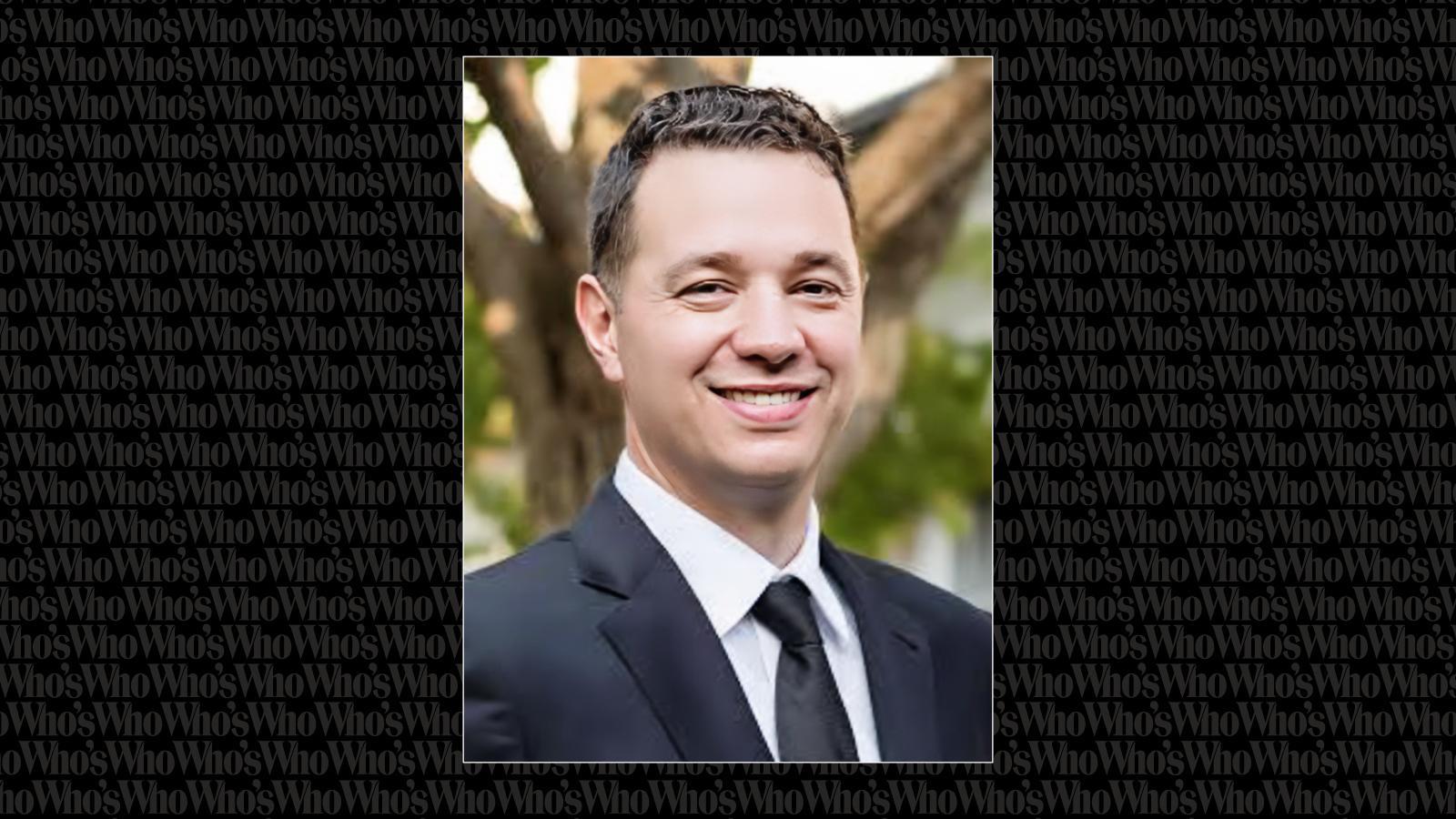

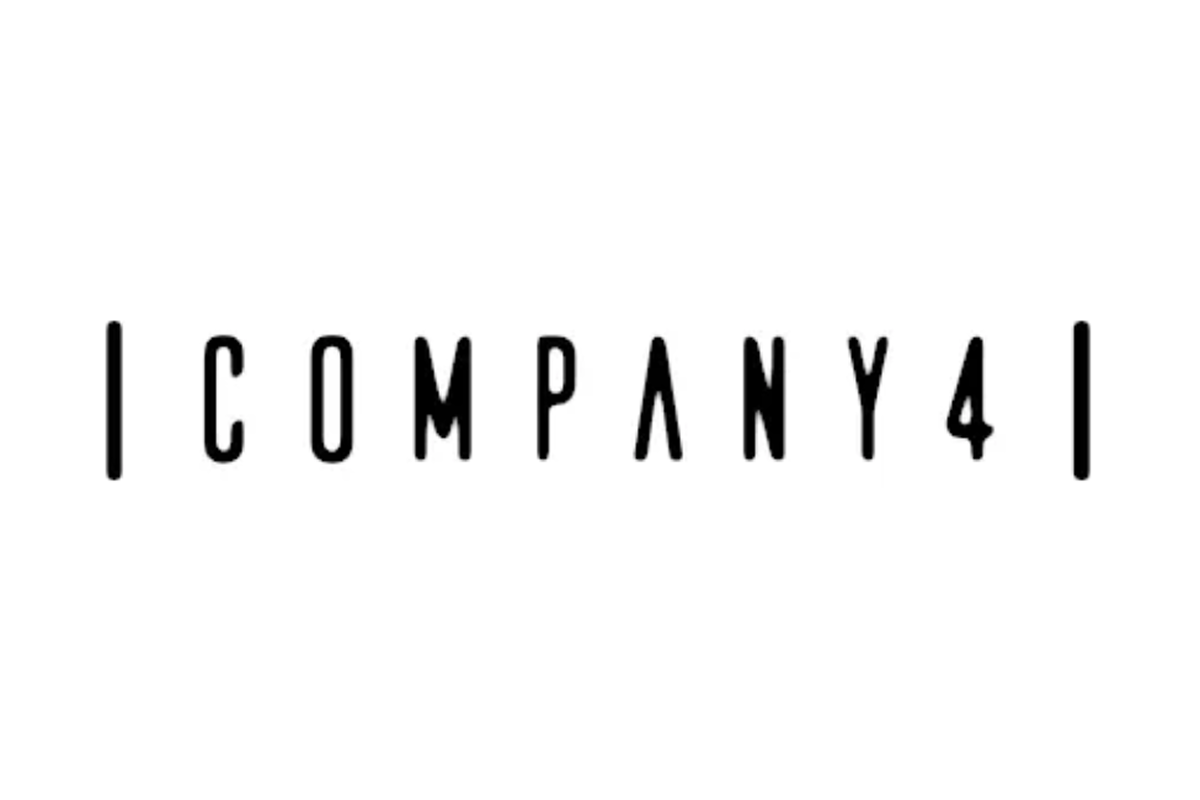
Reproductive Specialists with Aspire Fertility Austin Named 2026 Top Doctors
Aspire Fertility Austin, a premier provider of best-in-class fertility services, congratulates Dr. Deborah Ikhena-Abel and Dr. Angela Kelley on being named 2026 Castle Connolly Top Doctors.
Castle Connolly Top Doctors represent the top 7% of all U.S. practicing physicians. Dr. Ikhena-Abel and Dr. Kelley earned this recognition from a pool of over one million U.S. doctors.
Castle Connolly Top Doctors are nominated by their peers, after which the Castle Connolly research team evaluates specific criteria to determine who should qualify as a Top Doctor, including consideration of each nominee’s professional qualifications, education, hospital and faculty appointments, research leadership, professional reputation, disciplinary history, interpersonal skills, and outcomes data. The recognition methodology has been vetted and endorsed by the Castle Connolly Medical Advisory Board.
Each of Aspire Fertility Austin’s physicians is a board-certified Reproductive Endocrinologist and Infertility Specialist (REI), dedicated to delivering compassionate, individualized fertility care grounded in the latest advances in reproductive science and technology. The clinic is part of The Prelude Network® (Prelude), the largest network of fertility clinics in North America. Its team of innovative and empathetic reproductive endocrinologists spend real time with each family to understand their goals and develop personalized treatment plans. In total, 48 physicians across Prelude were named 2026 Castle Connolly Top Doctors.
“We’re grateful to our peers for this nomination and to Castle Connolly for recognizing our work,” said Dr. Kelley. “It’s an honor to serve our patients and provide the highest quality reproductive care.”
Dr. Ikhena-Abel continued, “It’s a privilege to use our expertise to help our patients overcome their fertility challenges and educate them on their fertility options. We thank Castle Connolly for recognizing what we do on behalf of our patients.”
Prelude is the clinical network of Inception Fertility™ (Inception), a family of fertility brands and the largest provider of fertility services in North America, and its physicians include innovators in fertility care who have pioneered some of today’s most advanced reproductive technologies, including vitrification, fertility preservation, and preimplantation genetic testing (PGT).
About Aspire Fertility Austin
Part of The Prelude Network (Prelude), the largest network of fertility clinics in North America, Aspire Fertility has been helping individuals and couples build their families for 30 years. With locations in the Austin, Dallas, Houston, and San Antonio metropolitan areas, the Aspire family of clinics provides five-star fertility care to patients, led by industry experts who are on the leading edge of reproductive medicine. They offer a full spectrum of comprehensive female and male fertility care, including IVF, egg freezing, genetic screening (PGD/PGS), egg donation, surrogacy and LGBTQ+ fertility. For more information, visit www.aspirefertility.com.
About The Prelude Network
The Prelude Network (Prelude), the fastest-growing network of fertility clinics and largest provider of comprehensive fertility services in North America, is the clinic network of Inception Fertility — a family of fertility brands that touches every part of the fertility journey, including diagnostics and treatment to financial accessibility. Each clinic, as part of Prelude, is committed to delivering the highest level of personalized fertility care by the nation's leading reproductive endocrinologists, embryologists and practitioners by focusing on an excellence in science, medicine and the patient experience. The growing Prelude Network has more than 90 total locations nationwide, offering a wide range of fertility services including egg freezing, IVF, genetic testing, LGBTQ+ fertility options, and egg/embryo storage, among others. Clinics within Prelude include Aspire Fertility Austin (Texas); Aspire Fertility Dallas (Texas); Aspire Fertility San Antonio (Texas); Aspire Houston Fertility Institute (Texas); Advanced Fertility Center of Chicago (Illinois); Center for Reproductive Medicine (Florida); Indiana Fertility Institute (Indiana); IVFMD (Florida); Main Line Fertility (Pennsylvania); NYU Langone Fertility Center (New York); NYU Langone RSNY (New York); Pacific Centre for Reproductive Medicine (Canada); Pacific Fertility Center (California); Regional Fertility Program (Canada); Reproductive Biology Associates (Georgia); Reproductive Science Center of New Jersey (New Jersey); Tennessee Fertility Institute (Tennessee), and The Reproductive Medicine Group (Florida). For more information, visit www.preludefertility.com.
About Inception Fertility
Inception Fertility (Inception) is a family of fertility brands committed to helping patients build their own families. Built by patients for patients, Inception's purpose is to achieve the highest bar in experience, science and medicine in an effort to enhance each patient's experience and achieve better outcomes. Inception's medical experts are leading pioneers in fertility care. Our doctors are some of the first to use breakthrough assisted reproductive technologies (ART) — including in vitro fertilization (IVF), preimplantation genetic testing (PGT) and fertility preservation services — and they continue to lead the industry by building on these technologies by through development, research and thought leadership. Through its growing family of national organizations — which includes The Prelude Network, the fastest-growing network of fertility clinics and largest provider of comprehensive fertility services in North America; MyEggBank®, one of the largest frozen donor egg banks in North America; BUNDL Fertility™, a multi-cycle fertility service bundling program; HavenCryo™, a long-term reproductive preservation and storage solution provider and NutraBloom®, a premium lifestyle brand with expertly formulated supplements to support individuals' health and wellness goals for preconception — Inception is working to deliver on its promise to push the envelope of what is possible for exceeding patient expectations. For more information, visit www.inceptionfertility.com.
Media Contact
Mia Humphreys
MHumphreys@kruppagency.com
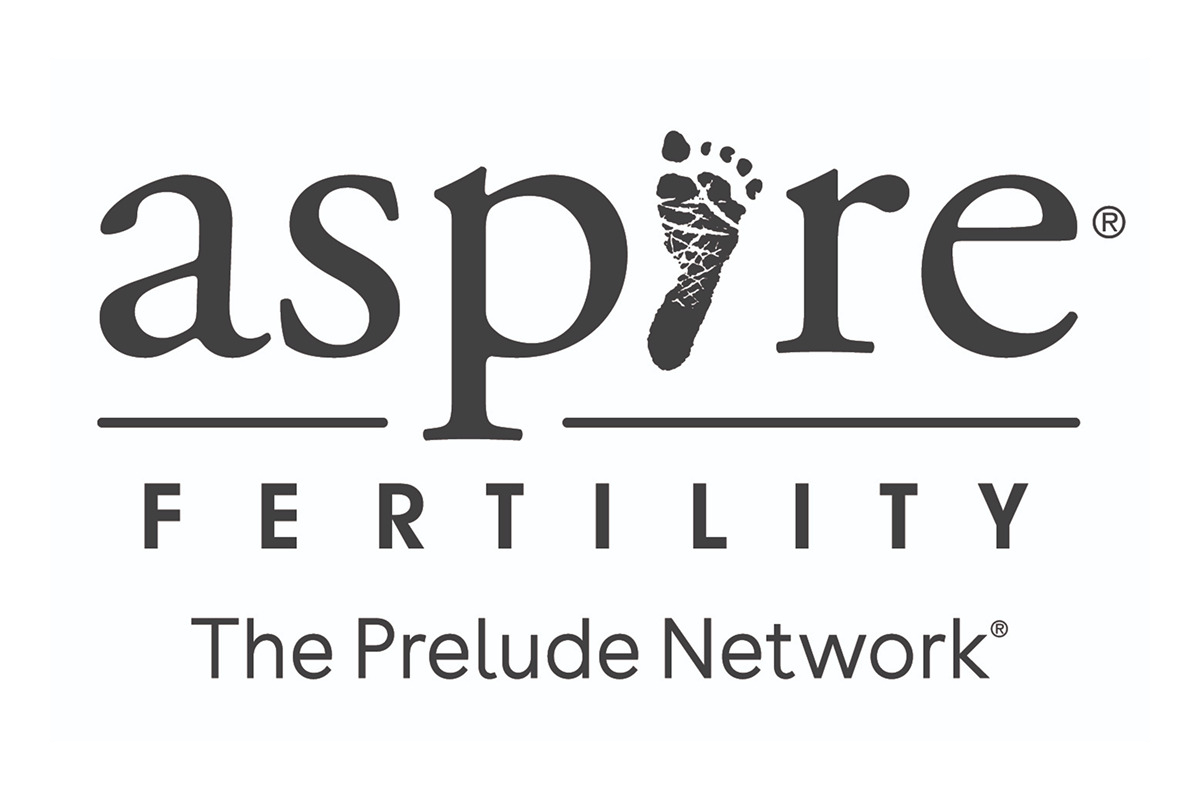

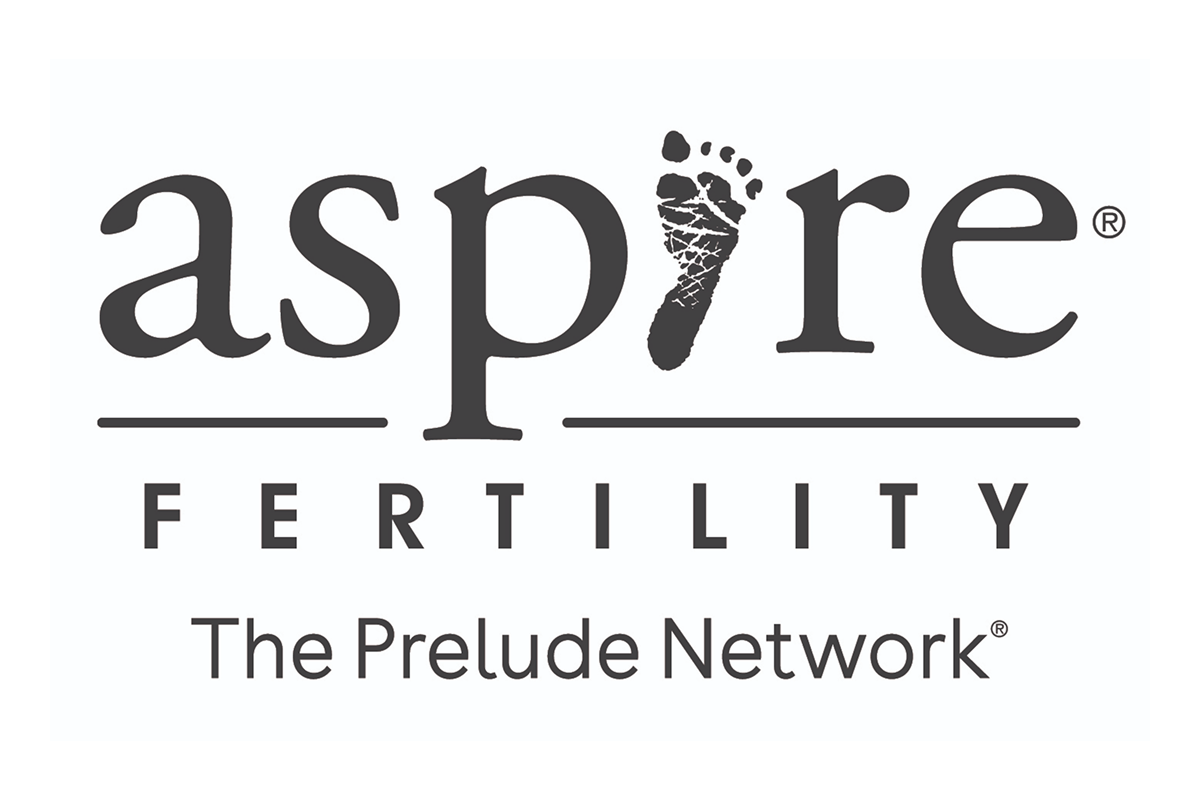
PileMate Announces Success of Its Innovative Passive Solution to Prevent Ice Jacking on Marina Pilings
PileMate announces the success of its comprehensive marine protection system, setting a new standard in marina safety by offering a solution to ice jacking, which often affects marina owners because of freezing water that can threaten the integrity of structures like docks, pilings, and retaining walls from the seabed. The consequences of this may neither be minor nor inexpensive, potentially paving the way for ejected pilings, emergency marine contractors, barges, and cranes.
For Dimitri Lemonides, a Brooklyn native and Sag Harbor-based innovator, these challenges presented an opportunity to rethink how marinas protect their assets against ice and storm surges. That two-decade mission culminated in floating sleeves that deliver passive protection, built to offer resilience in all weather and tidal conditions.
“We kept hearing the same question: how do we stop ice from damaging pilings?” Lemonides recalls. “This was back in 2005. That winter, we tested a few prototypes, and they worked. Over the last 20 years, we’ve deployed these systems across marinas, and the original units are still in service.”
Ice jacking, he explains, occurs when a marina’s ice sheet freezes around a piling and, as it expands, it can exert a force strong enough to extract it from the seabed entirely. As someone who has remained at the heart of the matter, Lemonides observes that marina and property owners often face three options heading into winter: run electric propellers or fans underwater to circulate warmer water and prevent surface freezing, leave the pilings unprotected and absorb the damage in the spring, or invest in a passive protection system. In the face of these choices, Lemonides believes that the first two are commercially and environmentally indefensible.
“There is a huge amount of infrastructure and carbon footprint that is at stake due to the electricity used to run the propellers,” he says. “Rivers that use fans underwater might still have ice damage because the fans can’t keep up with the cold weather.”
Observing these bottlenecks, Lemonides positions the third option as the solution, one offered by PileMate. He explains, “The PileMate Marine System is designed to passively protect the piling with a plastic sleeve.” According to him, each piling sleeve, available in 12”, 15”, and 18” diameters and spanning ten feet, are strategically placed and installed with two feet below the waterline and eight feet above with an aim to create a floating barrier that passively separates the exterior ice sheet from the interior of the piling. The system, Lemonides insists, can eliminate the need for electricity, potentially removing the energy, carbon costs and further expenses related to that maintenance that other methods may incur.
He points to an example of a marina that operates 90 underwater electric propellers, each 0.75 hp, to prevent freezing. “It costs $16 an hour in electricity to run all the machines, which might burn about six gallons of oil every hour during the winter months,” he explains. “For a 45-day freeze season, that’s roughly 7000 gallons of oil for one marina, and it still may not fully protect the pilings.” To address what he believes to be a mechanical blockage, he highlights that PileMate’s sleeves are designed to eliminate all ice-related ejections, with no electricity consumed and no operational disruptions, underscoring the environmental imperative of adopting a passive marine protection system.
Further honing in on its mechanical ingenuity, Lemonides highlights that PileMate’s system uses a plastic sleeve with integrated flotation, designed to allow the PileMate to move with the ice instead of resisting it. “As the flotation floats the PileMates up and down, it can absorb the stresses of freezing and thawing. It’s a zero-maintenance, high-impact solution that does not require a crane or barge for seasonal repairs,” he explains. For marina operators, Lemonides observes that this can translate to operational certainty and potentially reduce labor demands.
Additionally, he highlights the system’s predictable performance, noting how it can transform how property owners and marina managers plan for seasonal transitions. Client testimonials have reinforced his perspective, with one stating: “I’m grateful for the installation of the PileMate system at the Northampton Colony Yacht Club. We came through the big freeze of 2026 with no problems at all, no need to run bubbles or fans, zero energy cost, and 100% satisfaction.” Lemonides also highlights that the system offered robust protection during the North Easter blizzard, informed by his client, who has integrated PileMates for 15 years.
After decades of iterative design, field testing, and product validation, Lemonides positions PileMate as a paradigm shift in marina engineering. He entered the industry with the purpose of addressing the longstanding problem of ice jacking, and today, with a passive and environmentally conscious solution, he considers that purpose achieved.
“My team and I have created a system that can anticipate natural forces instead of battling them, and I believe that alone can offer marinas a rare combination of reliability and sustainability,” he shares. “Our goal has always been clear: provide a solution that works, endures, and protects,” Lemonides says. “PileMate can be that peace of mind for marina operators and dock owners everywhere.”
About PileMate
PileMate is an innovative marina protection system designed to safeguard docks, pilings, and boats from year-round ice jacking, storm surges, and marine borers while optimizing marina capacity and tie-off convenience. Built over two decades ago and proven in marinas worldwide, the U.S.-made solution delivers reliable protection and peace of mind for boat owners and waterfront facilities alike. For more information. visit www.pilemate.com.
Media Contact
Dimitri Lemonides
dimitri@pilemate.com


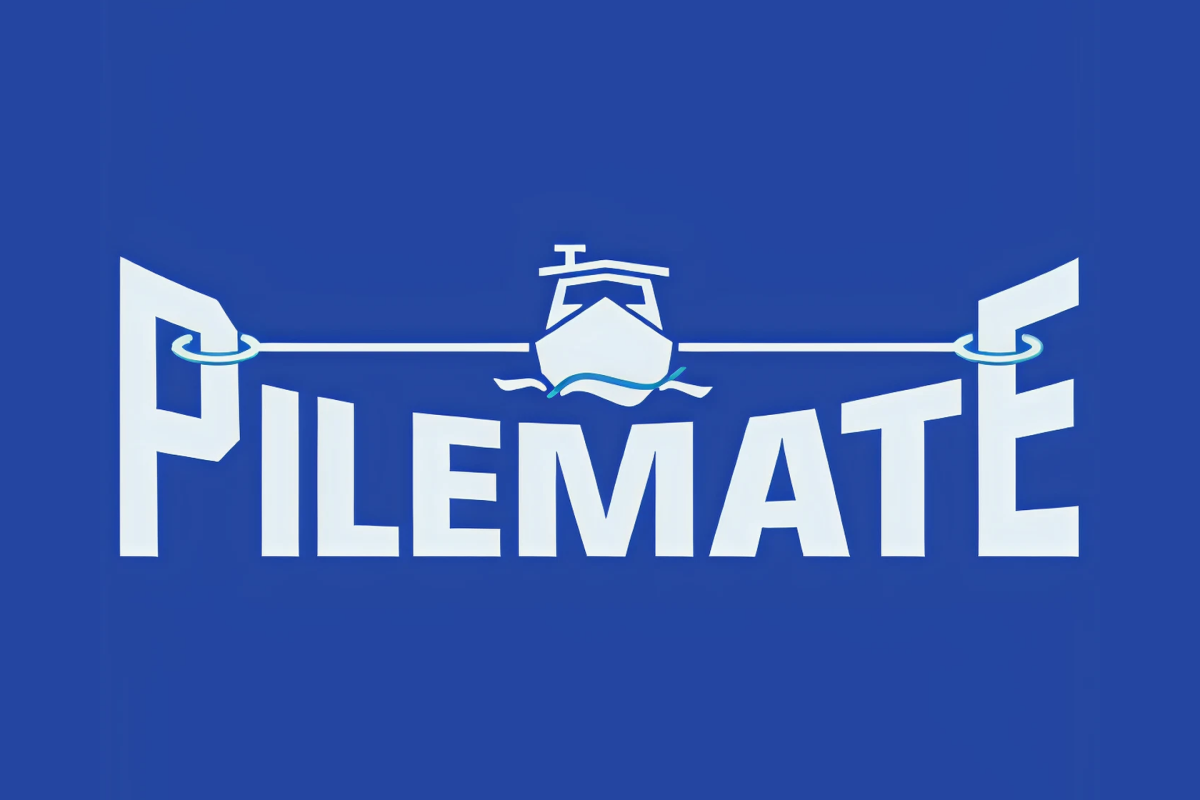

Turn your news into performance
EZ Newswire is the only news platform connecting the most influential organizations with the most trusted media outlets.